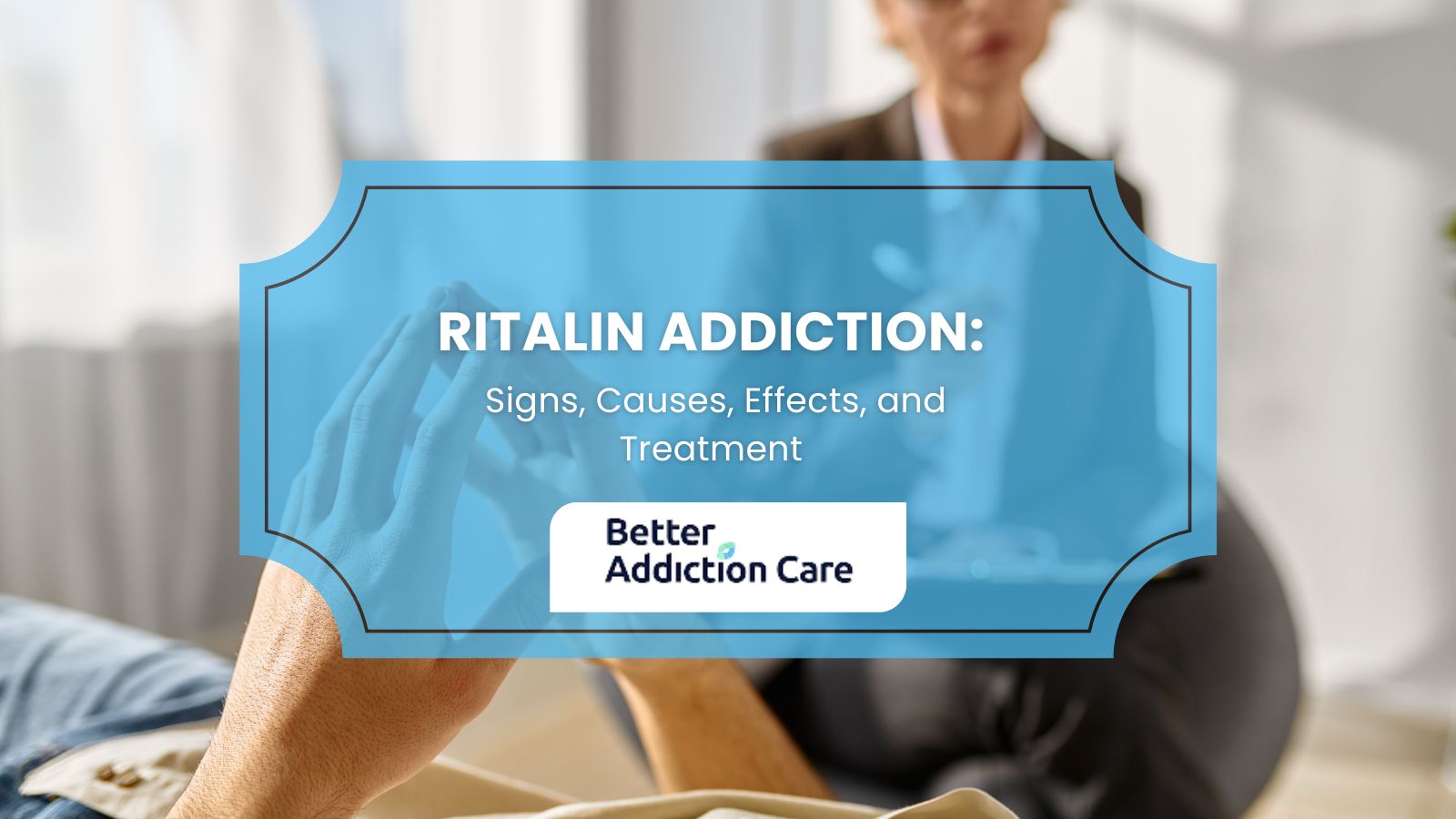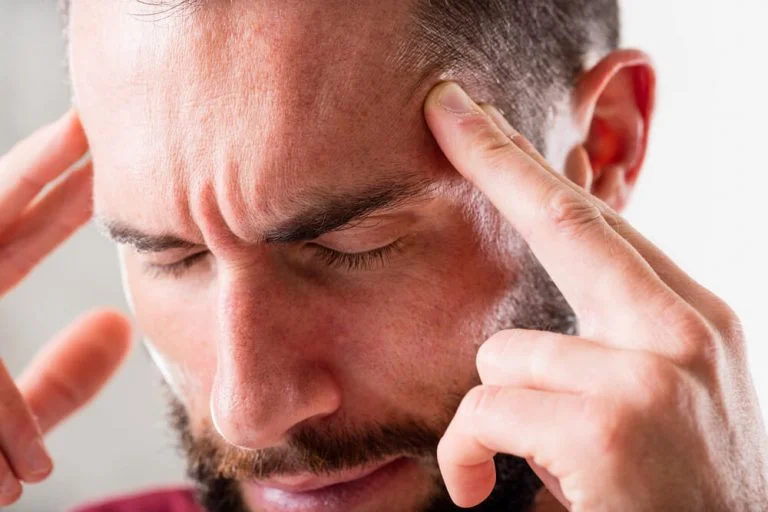111 Best Alcohol and Drug Rehabs in Iowa 2025
Searching for drug rehab centers in Iowa? Our directory lists 111+ drug rehab centers, including inpatient and outpatient facilities, detox centers, and medication-assisted treatment (MAT) programs to support recovery.
Compare treatment options, locations, and services to find the right facility for your needs. Whether you’re looking for medical detox, behavioral therapy, or long-term recovery programs, explore verified providers in Iowa.
Browse the listings below to find the best accredited addiction treatment centers near you and take the next step toward recovery.
111 Treatment Centers in Iowa, US

6.85

6.91
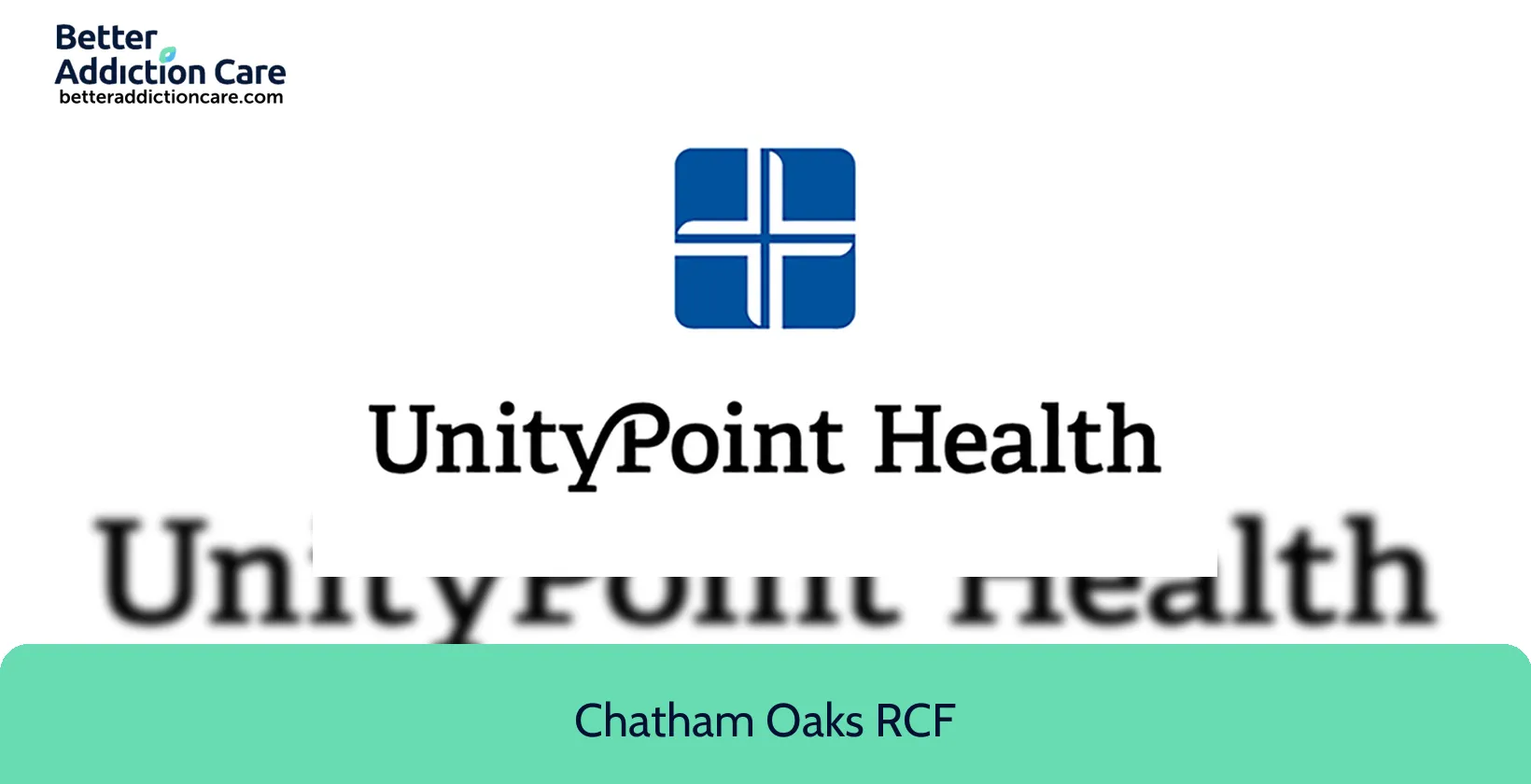
6.56

6.78
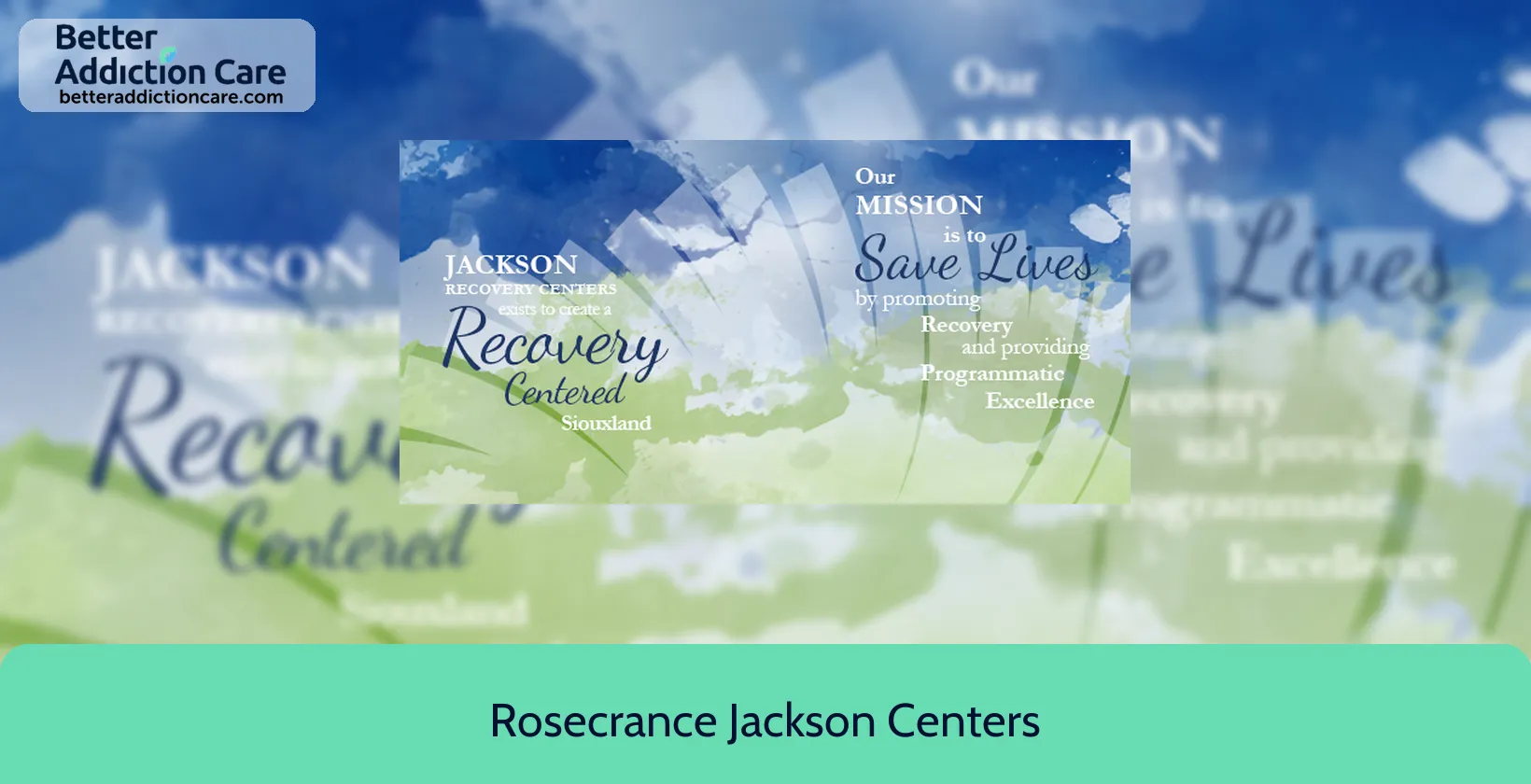
7.43

7.89
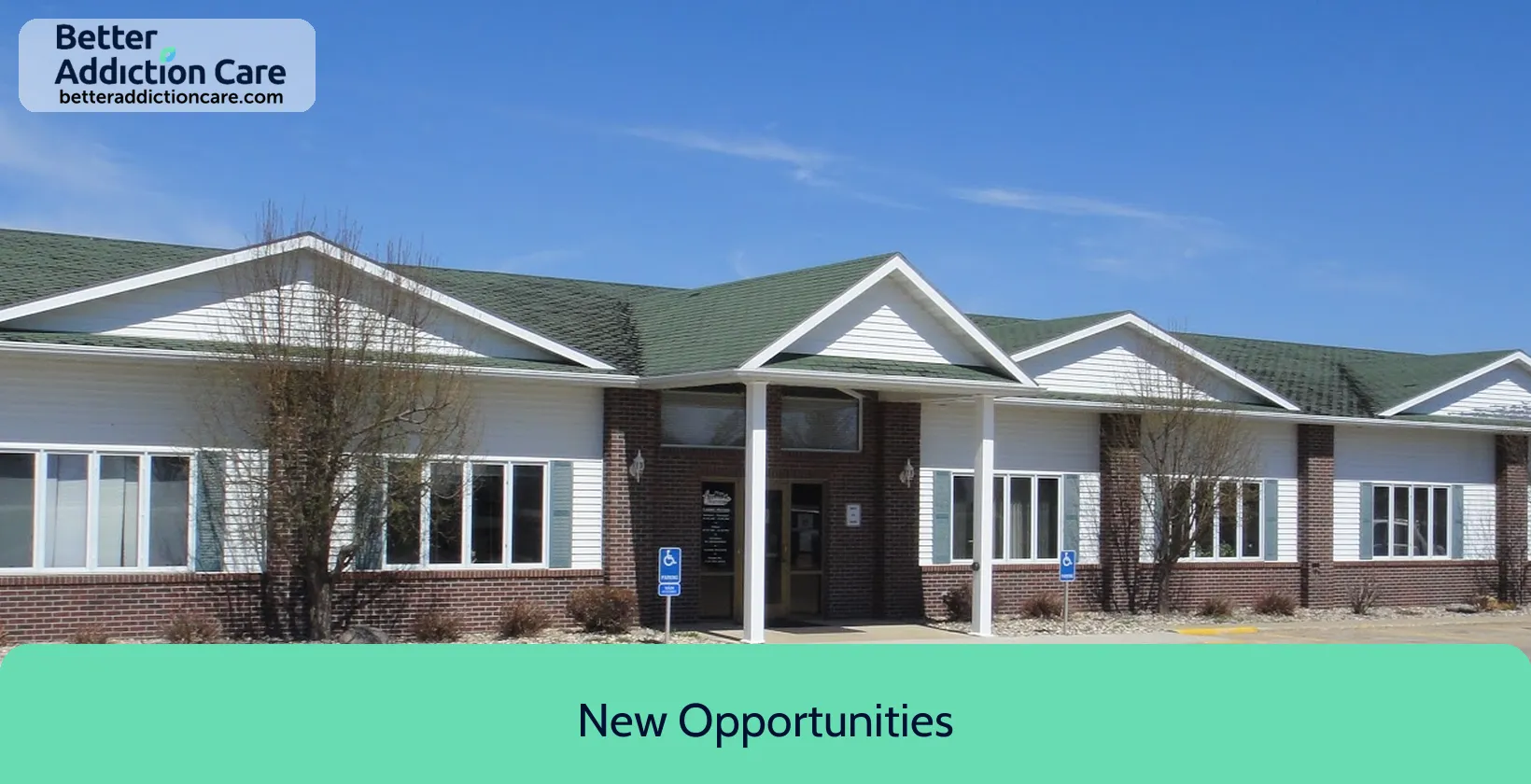
7.00
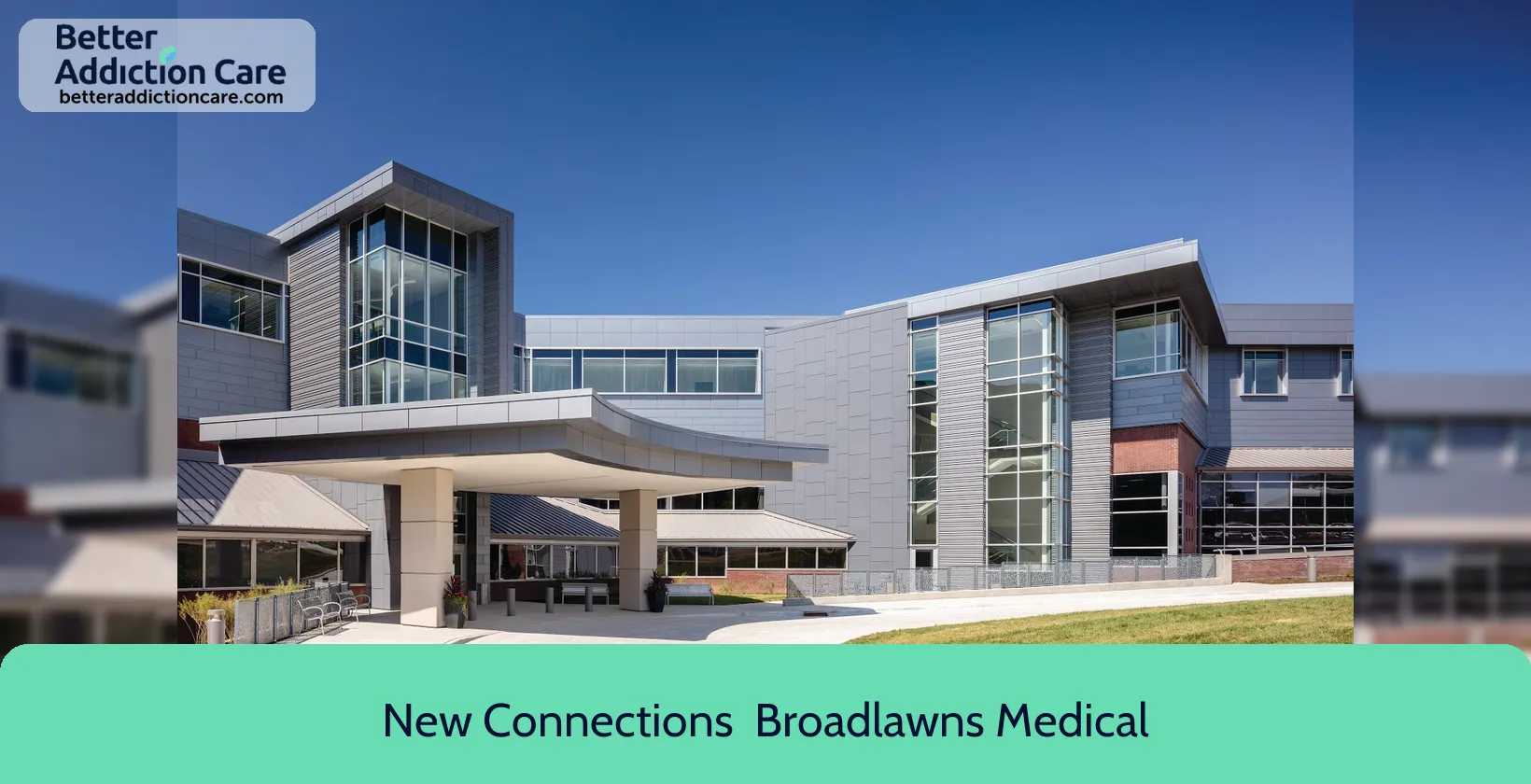
7.07
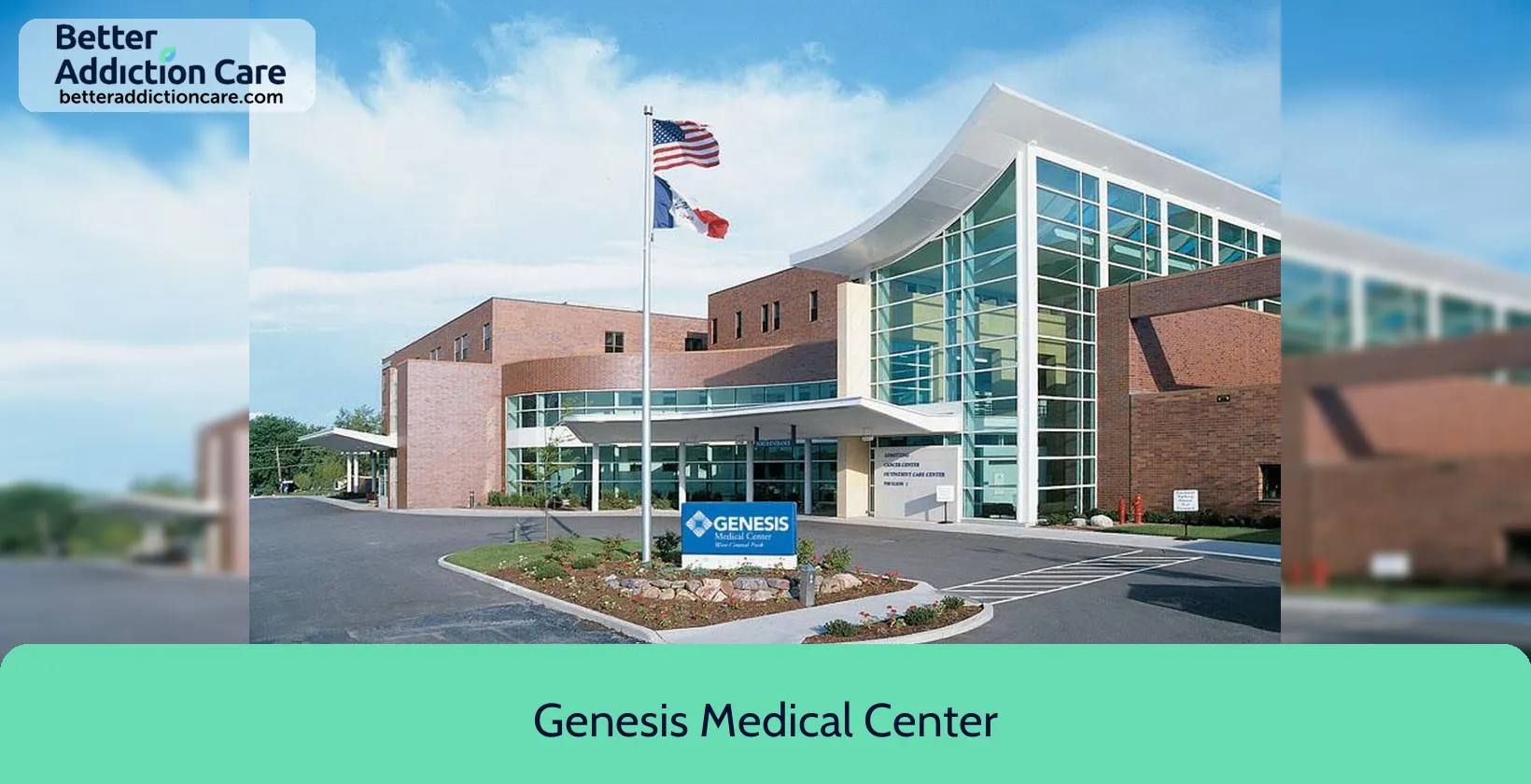
6.78

6.86
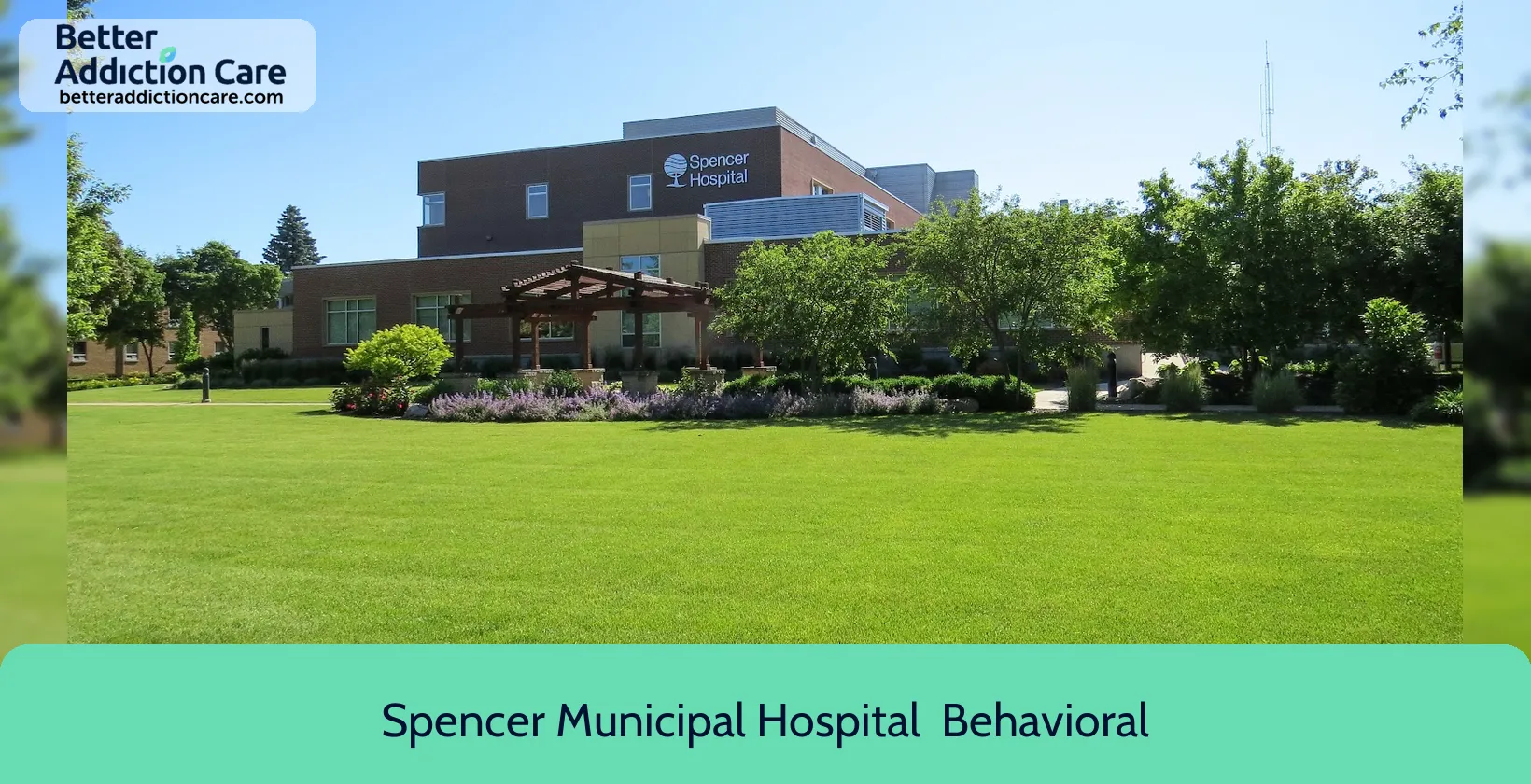
6.62
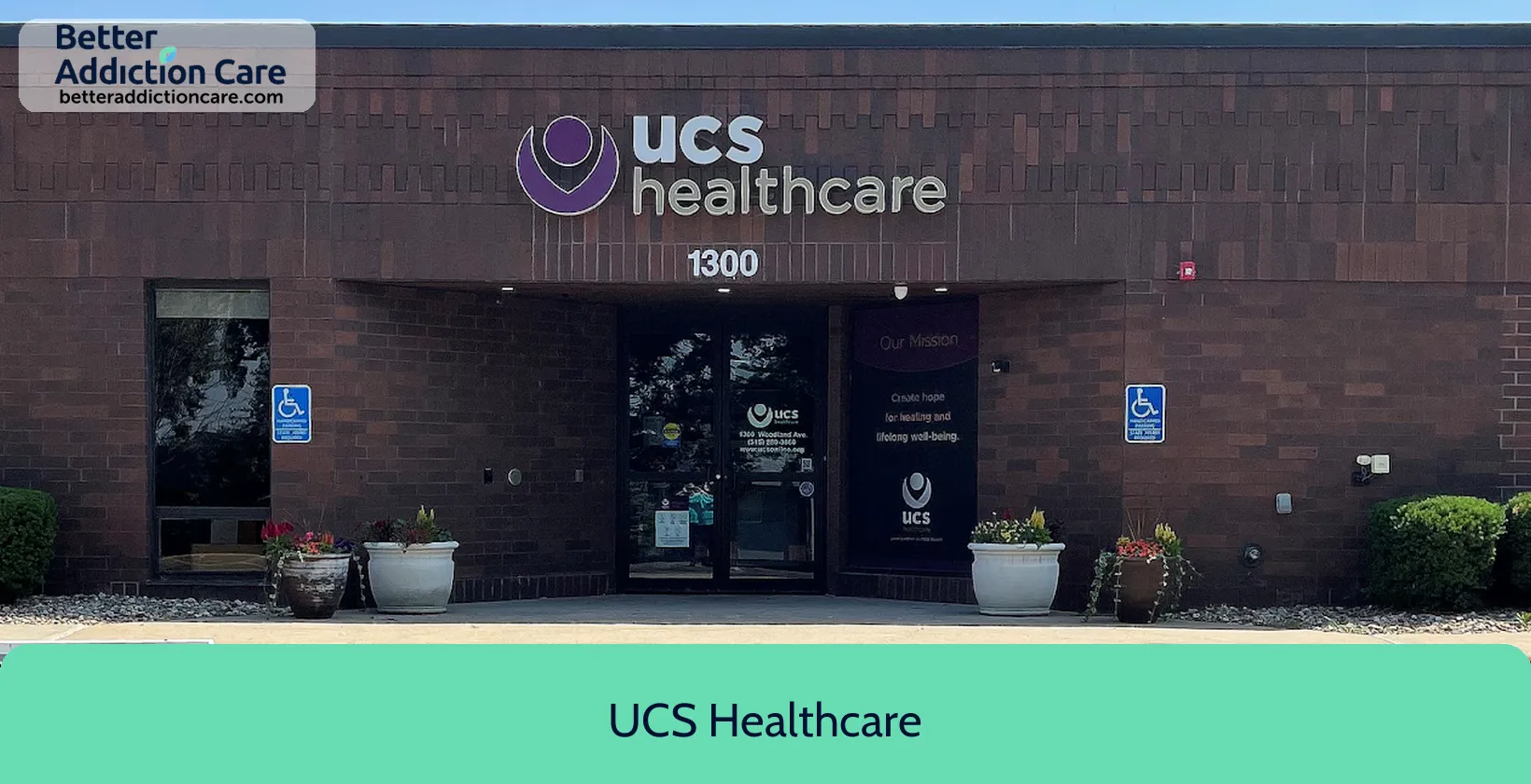
7.61
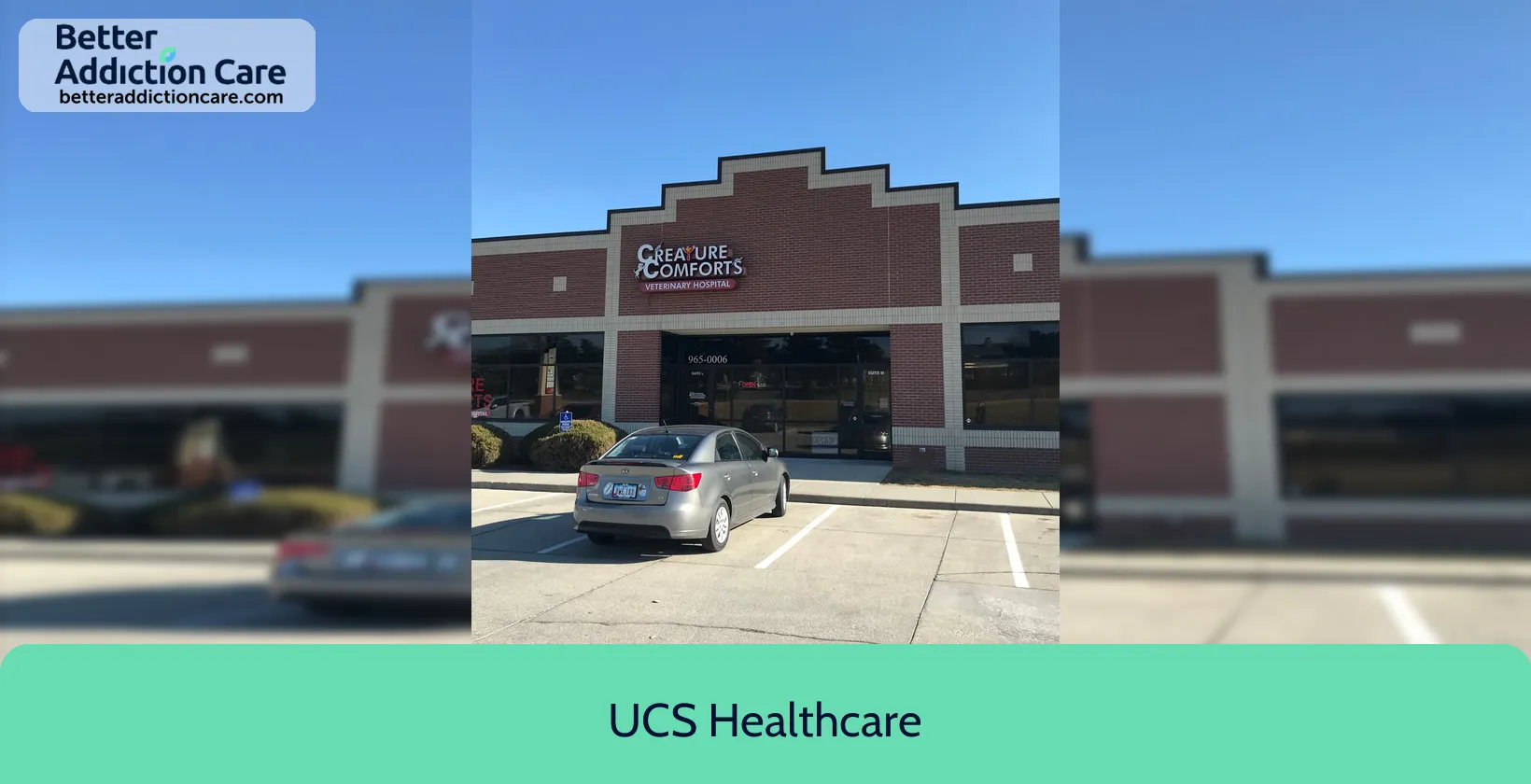
7.36
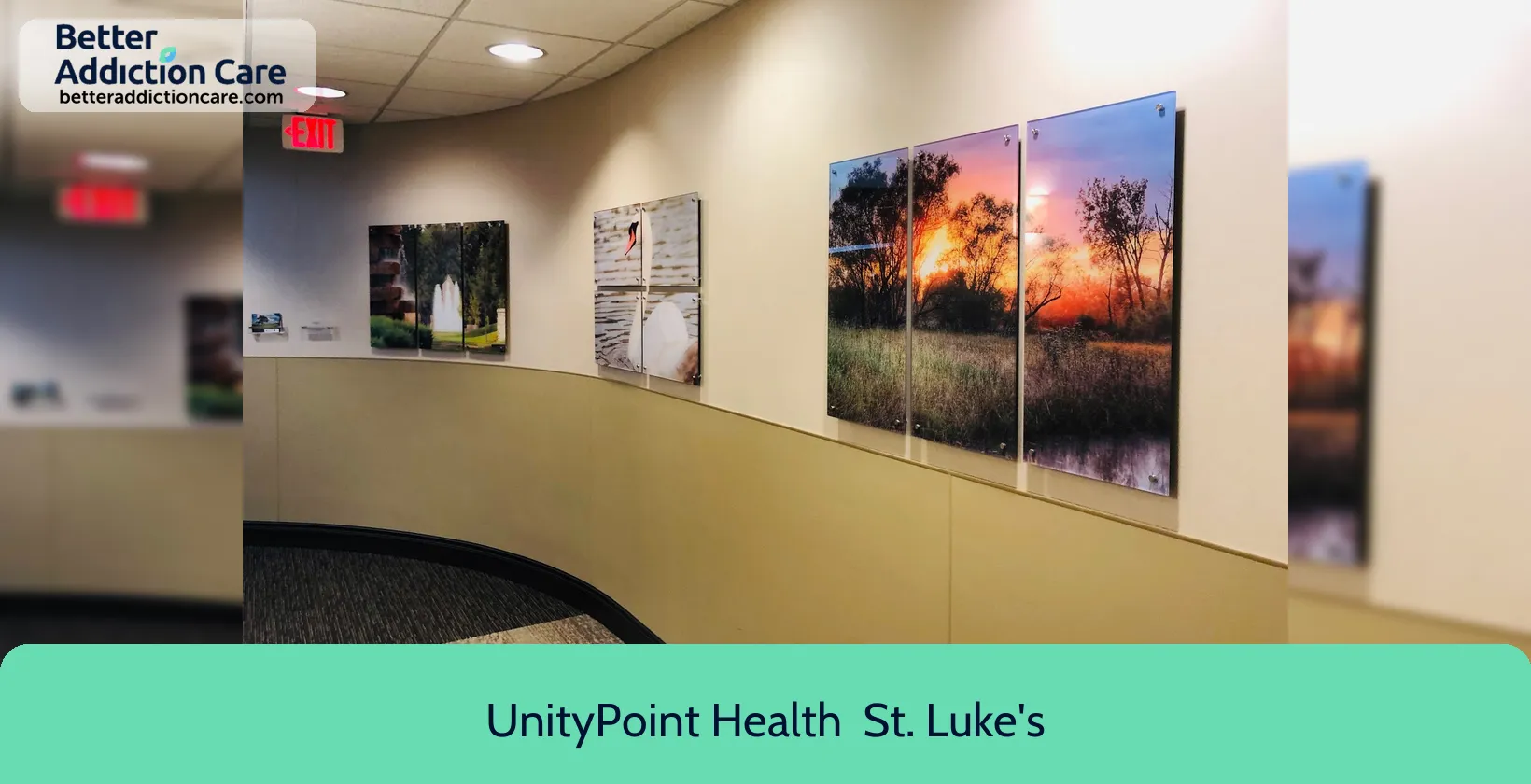
6.71
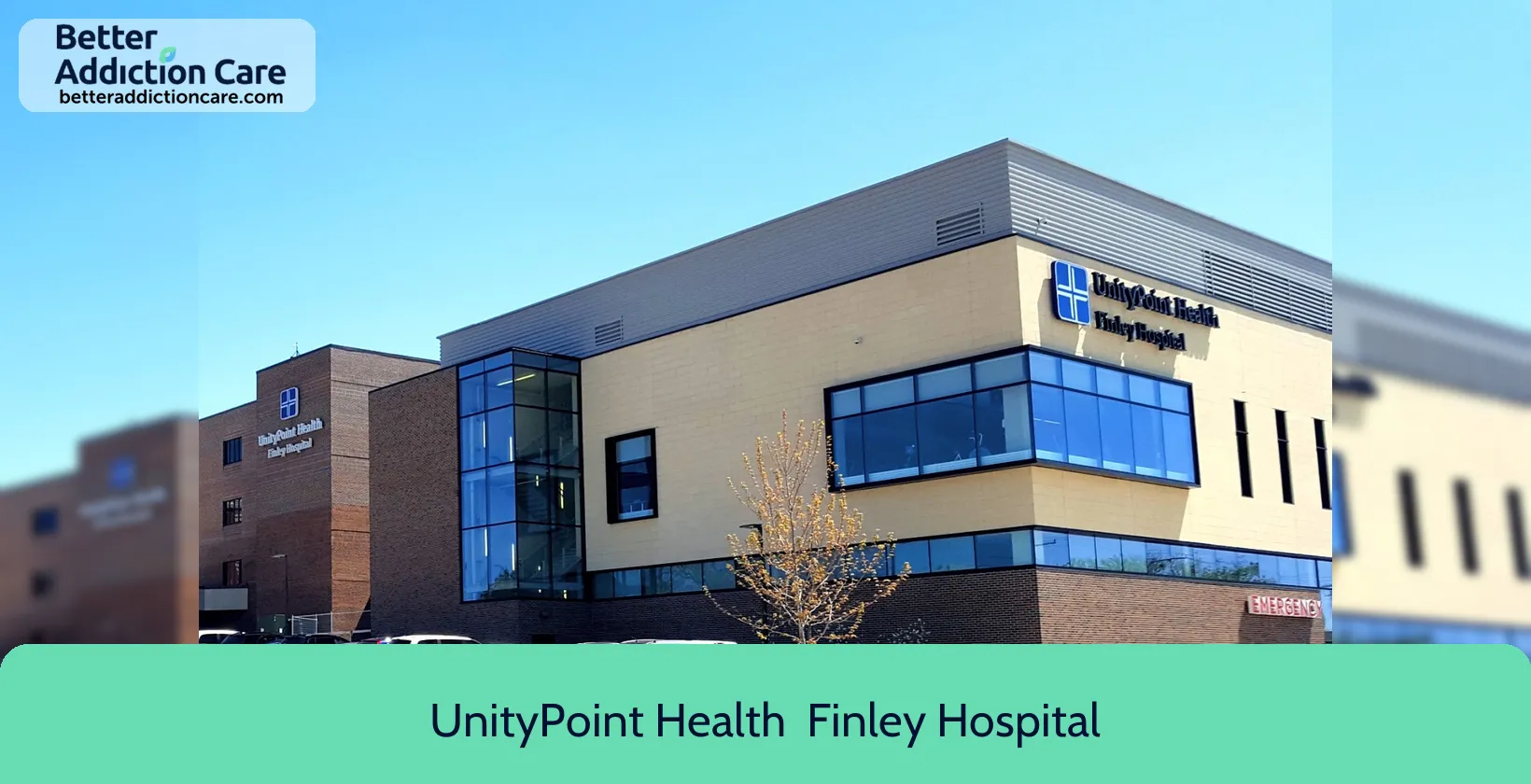
6.65
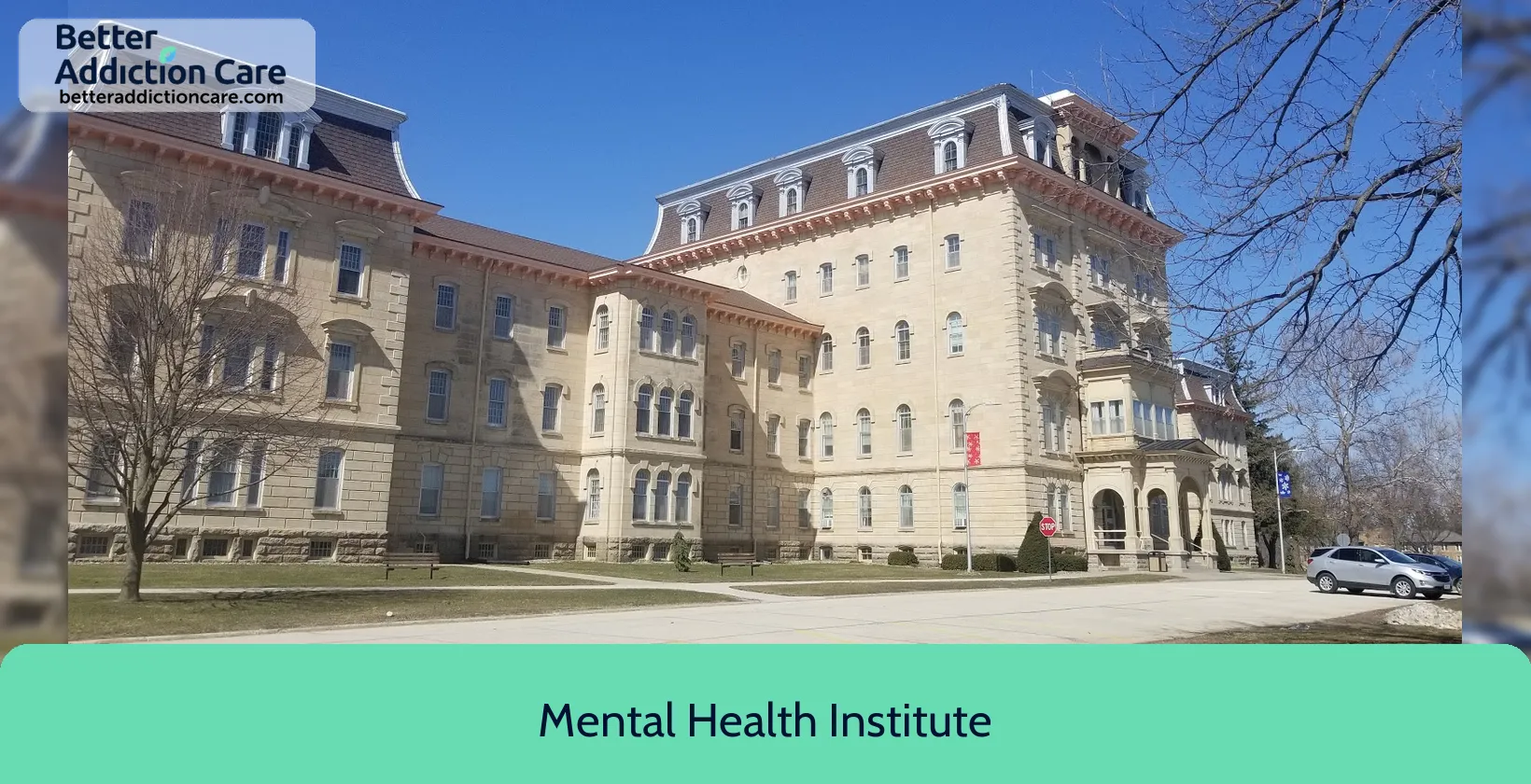
6.65
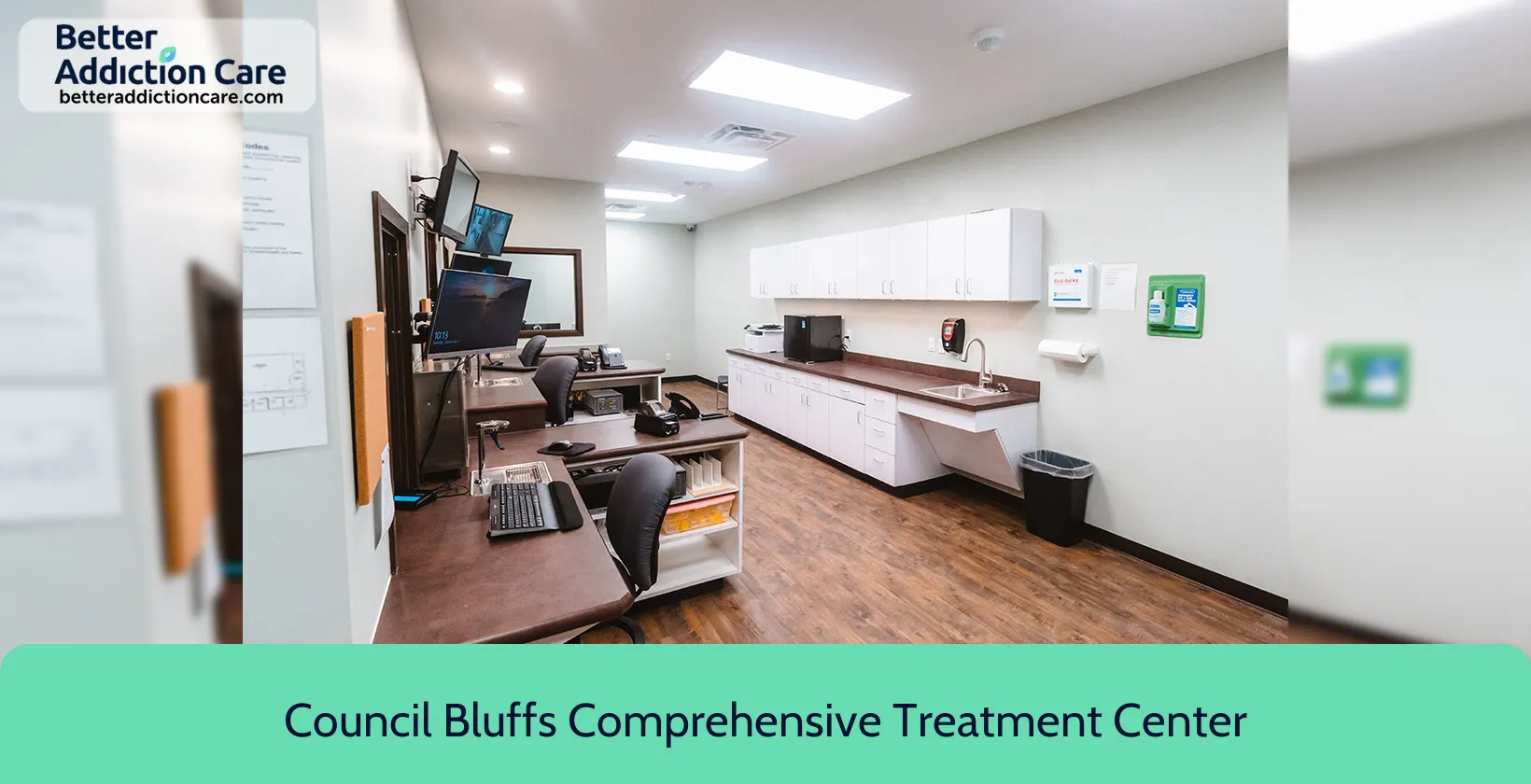
7.16
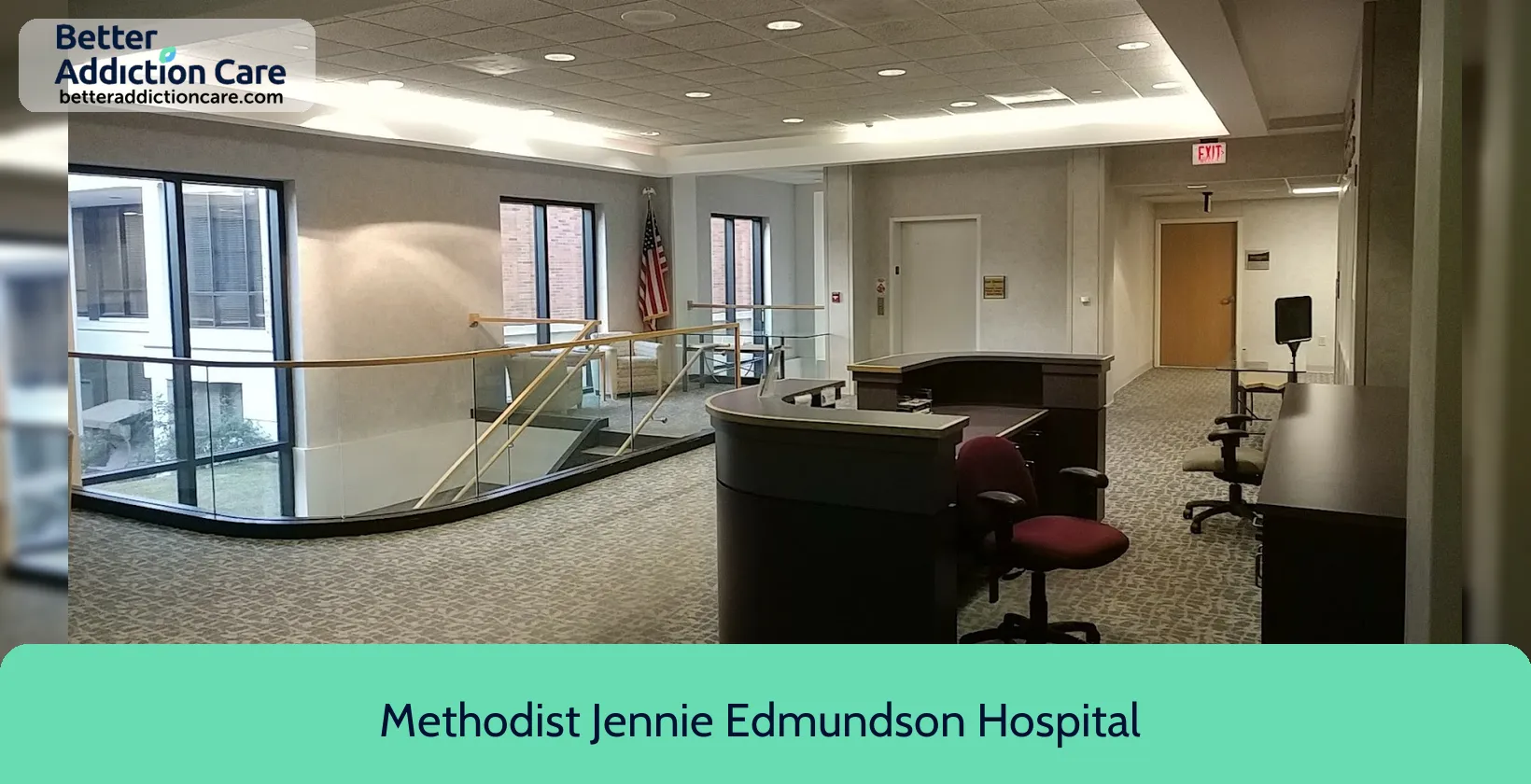
6.62
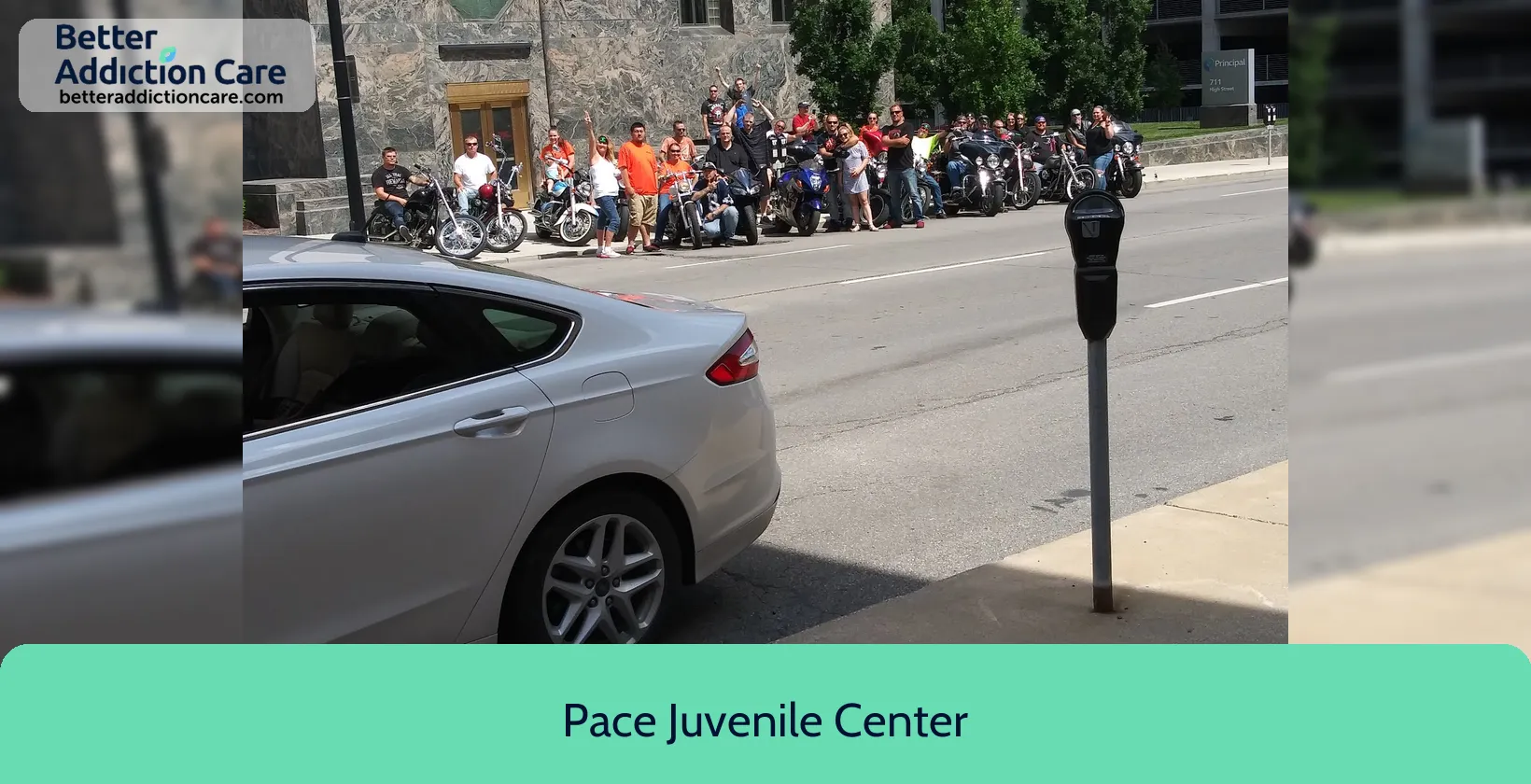
6.89
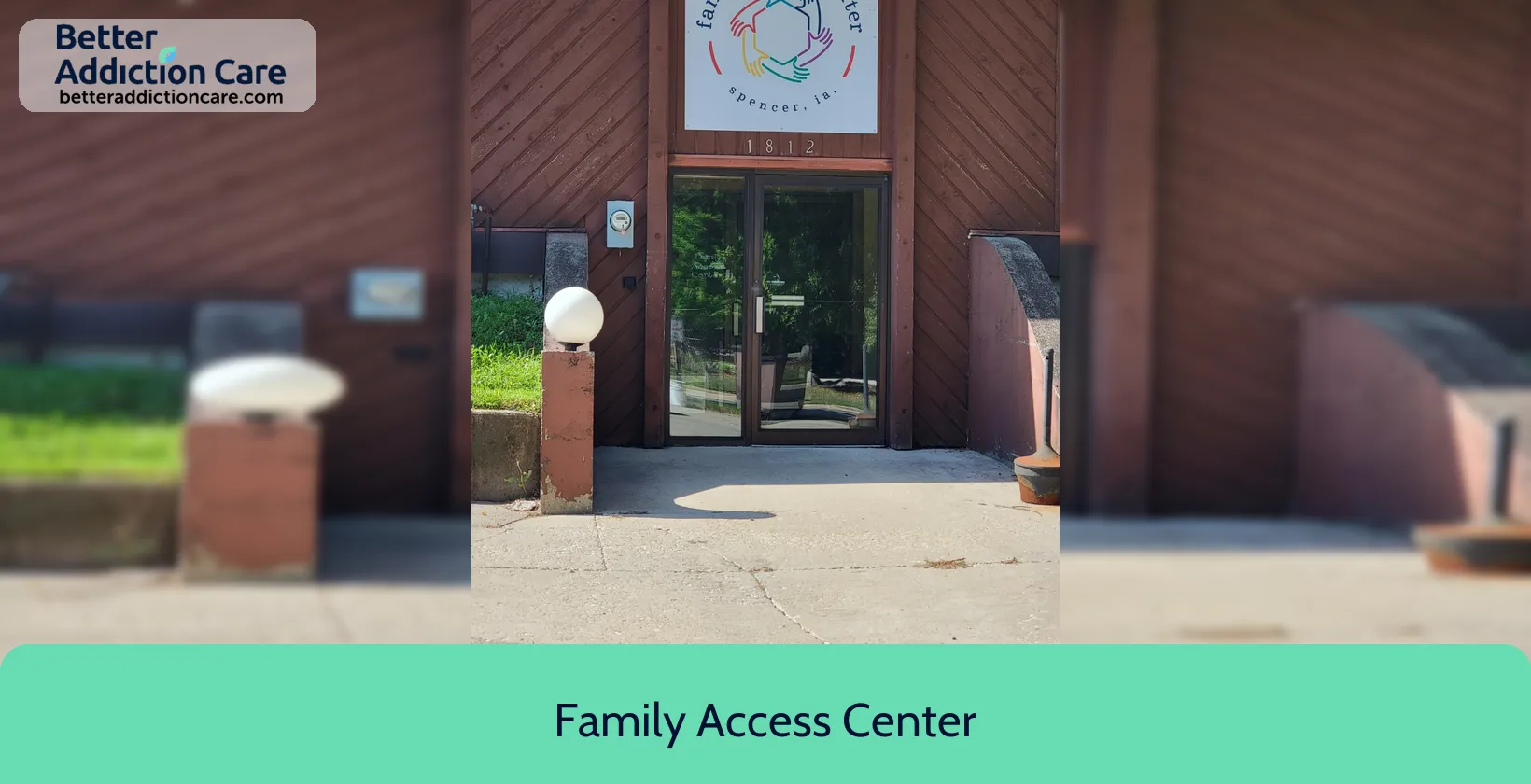
6.77
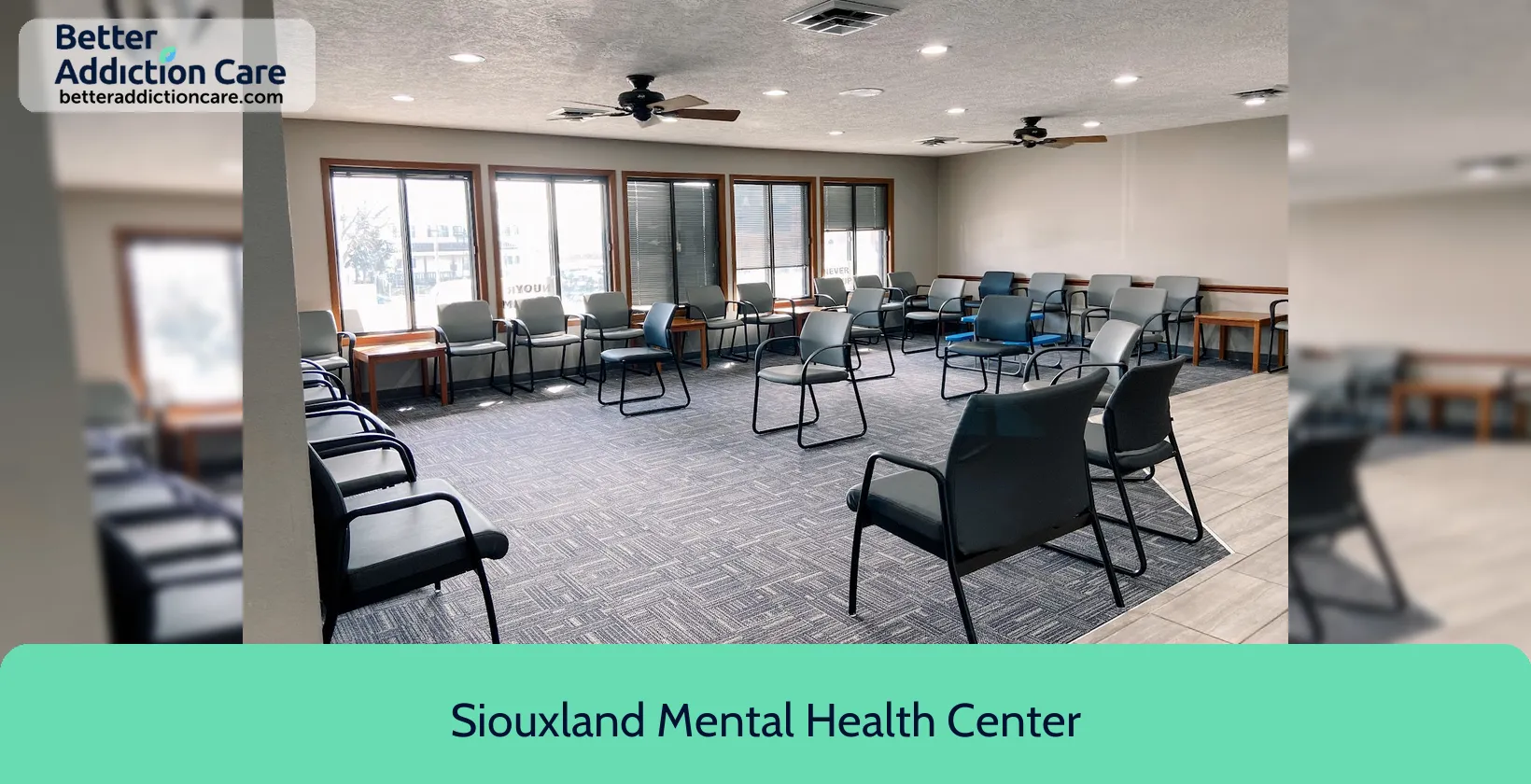
6.77
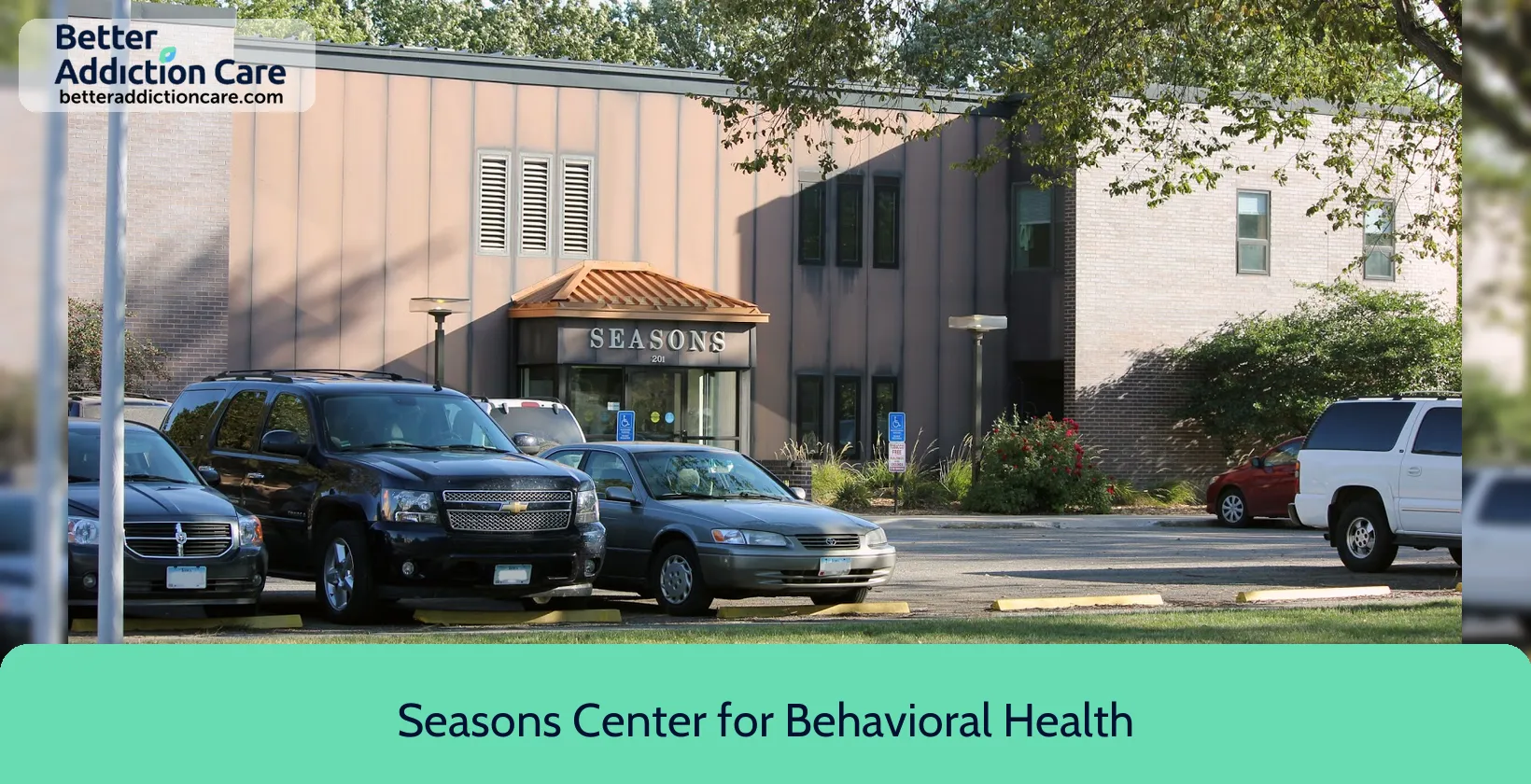
7.02
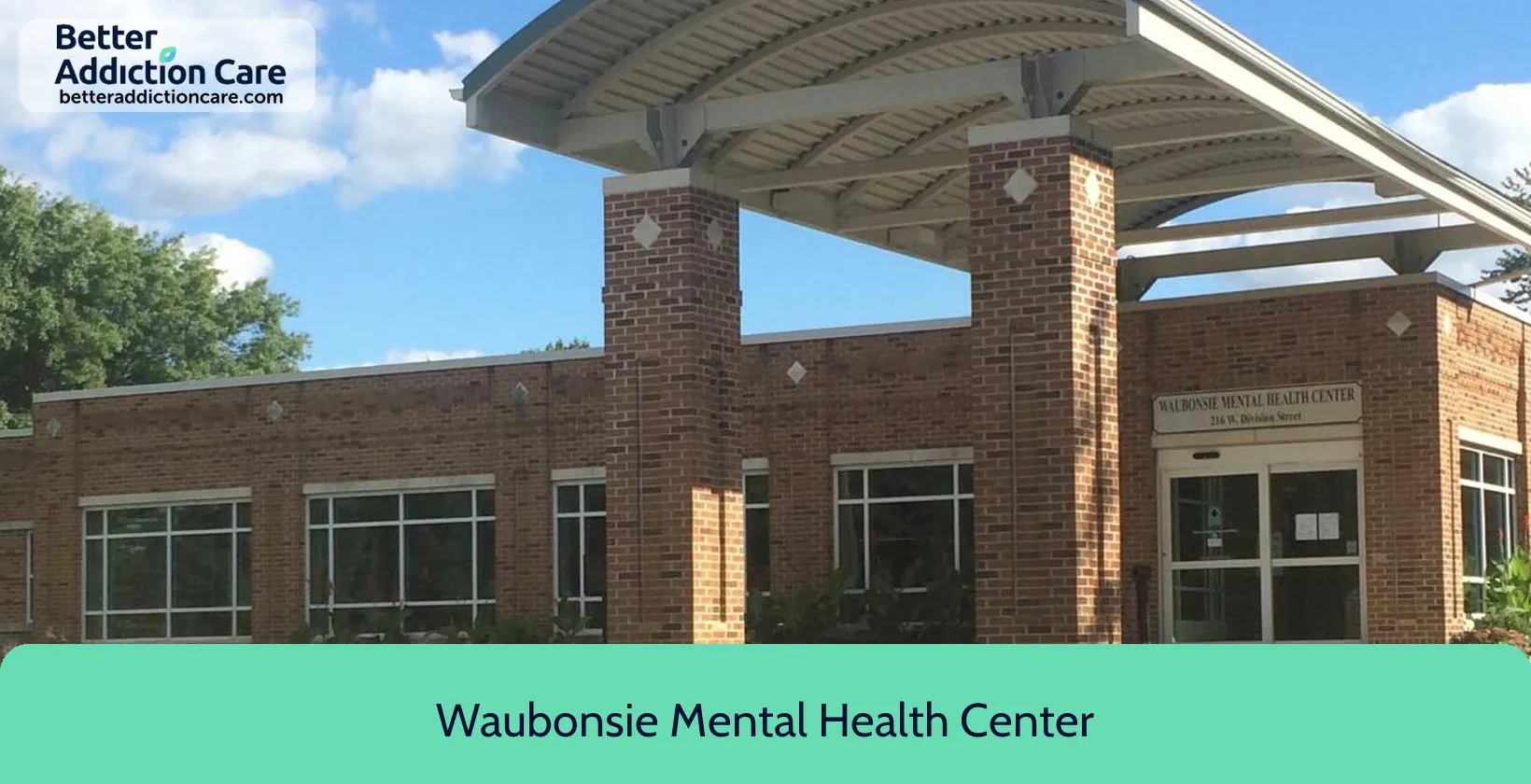
6.71
_1410_North_4th_1.webp)
6.83

7.22
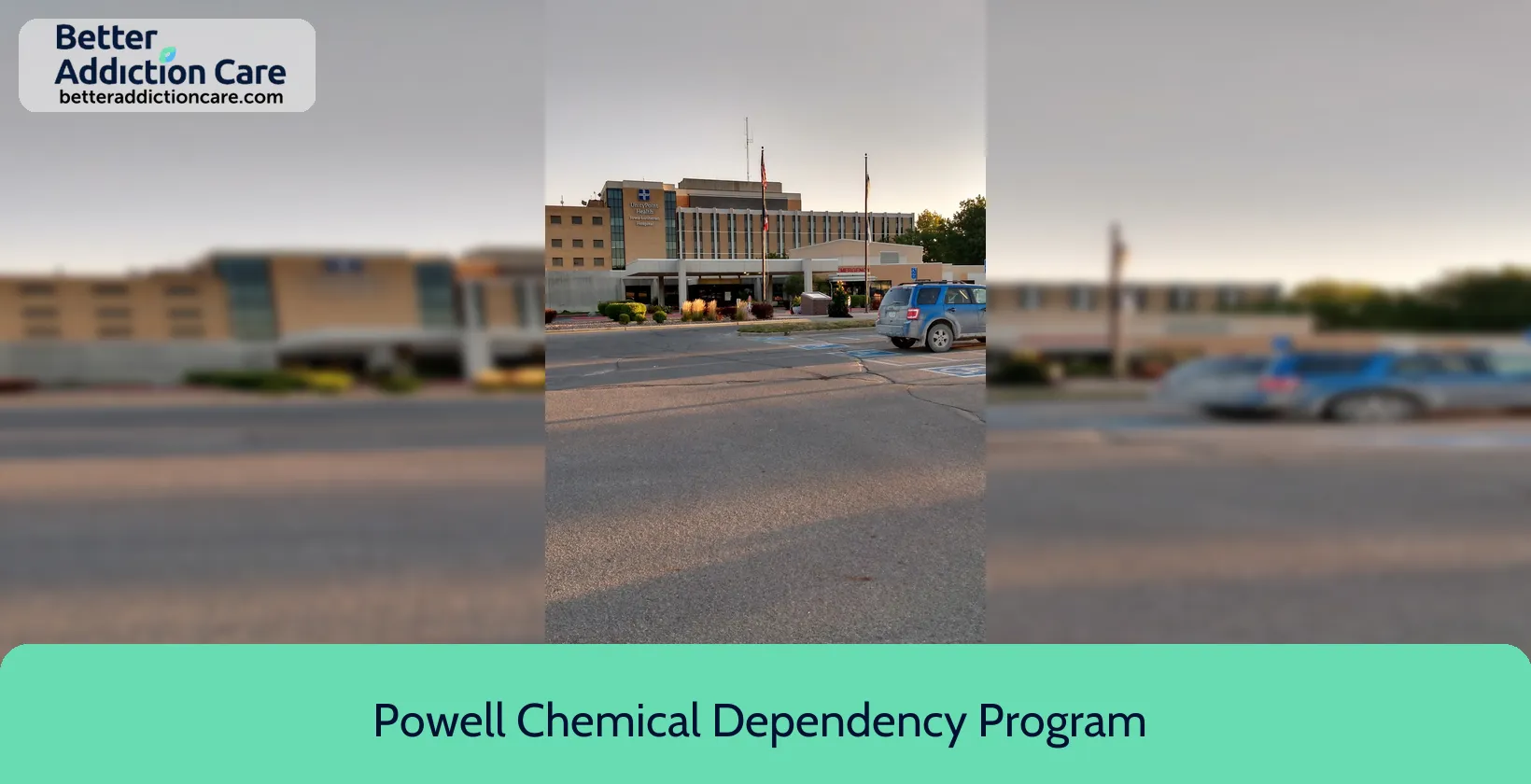
7.23

7.26
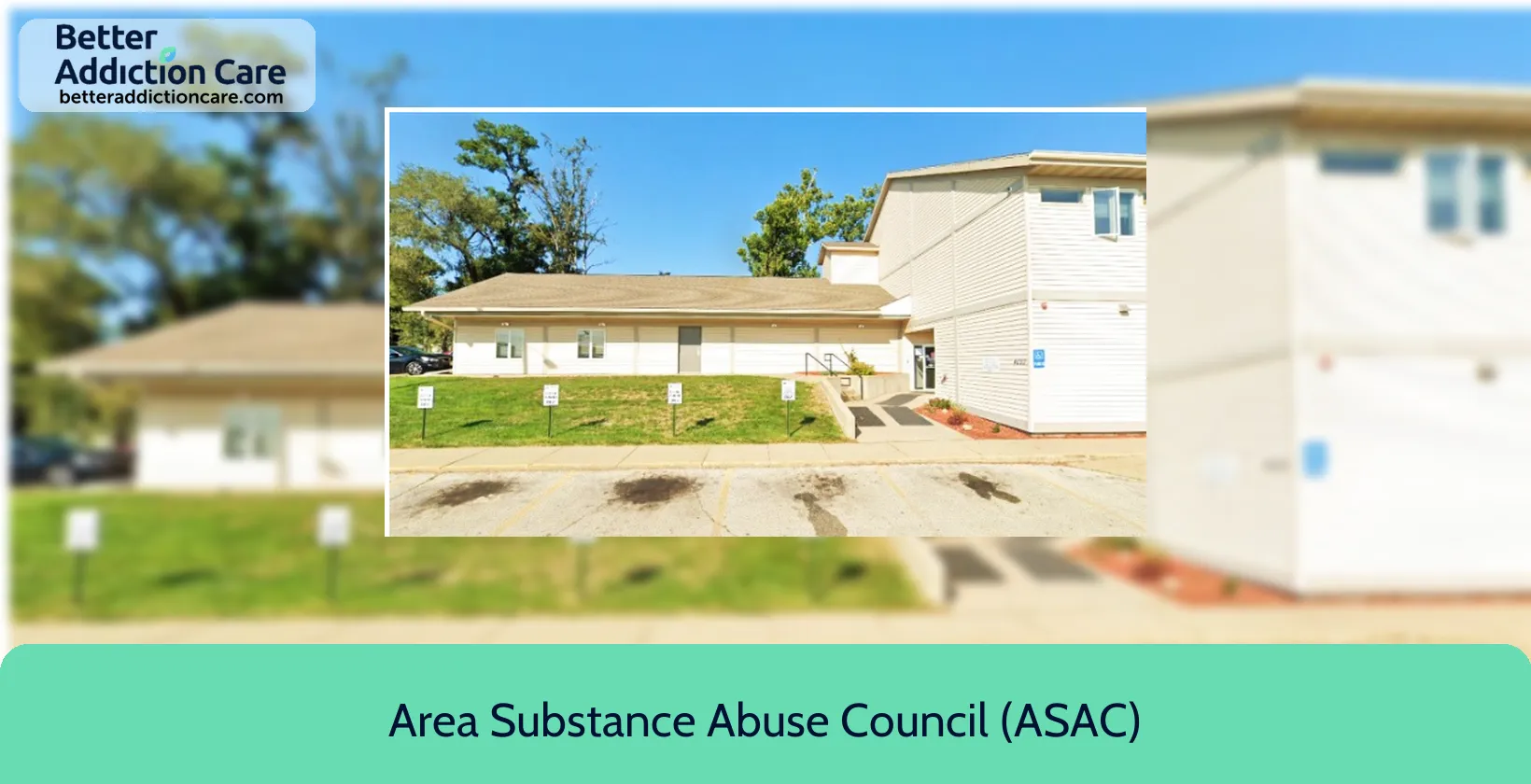
6.99
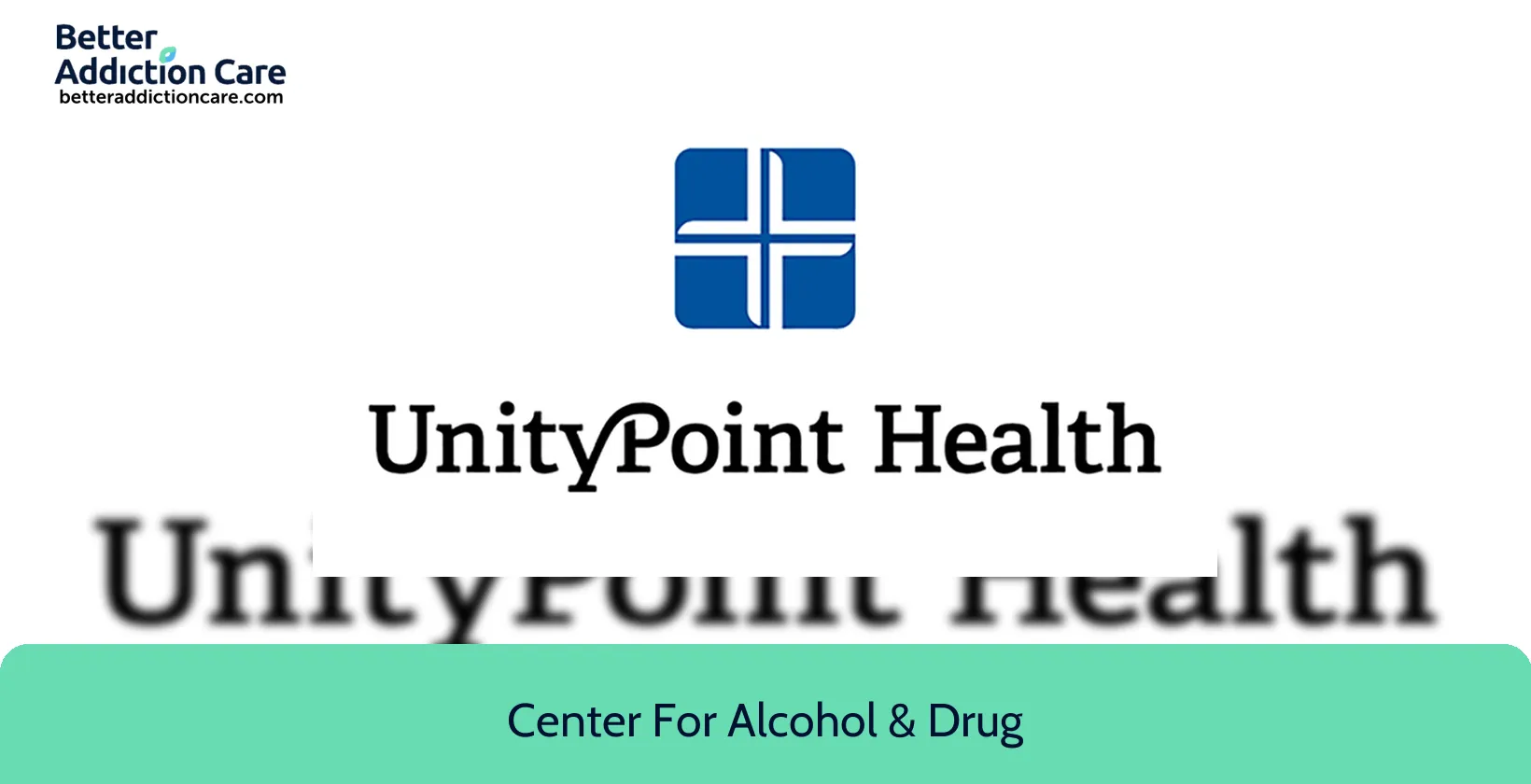
6.83
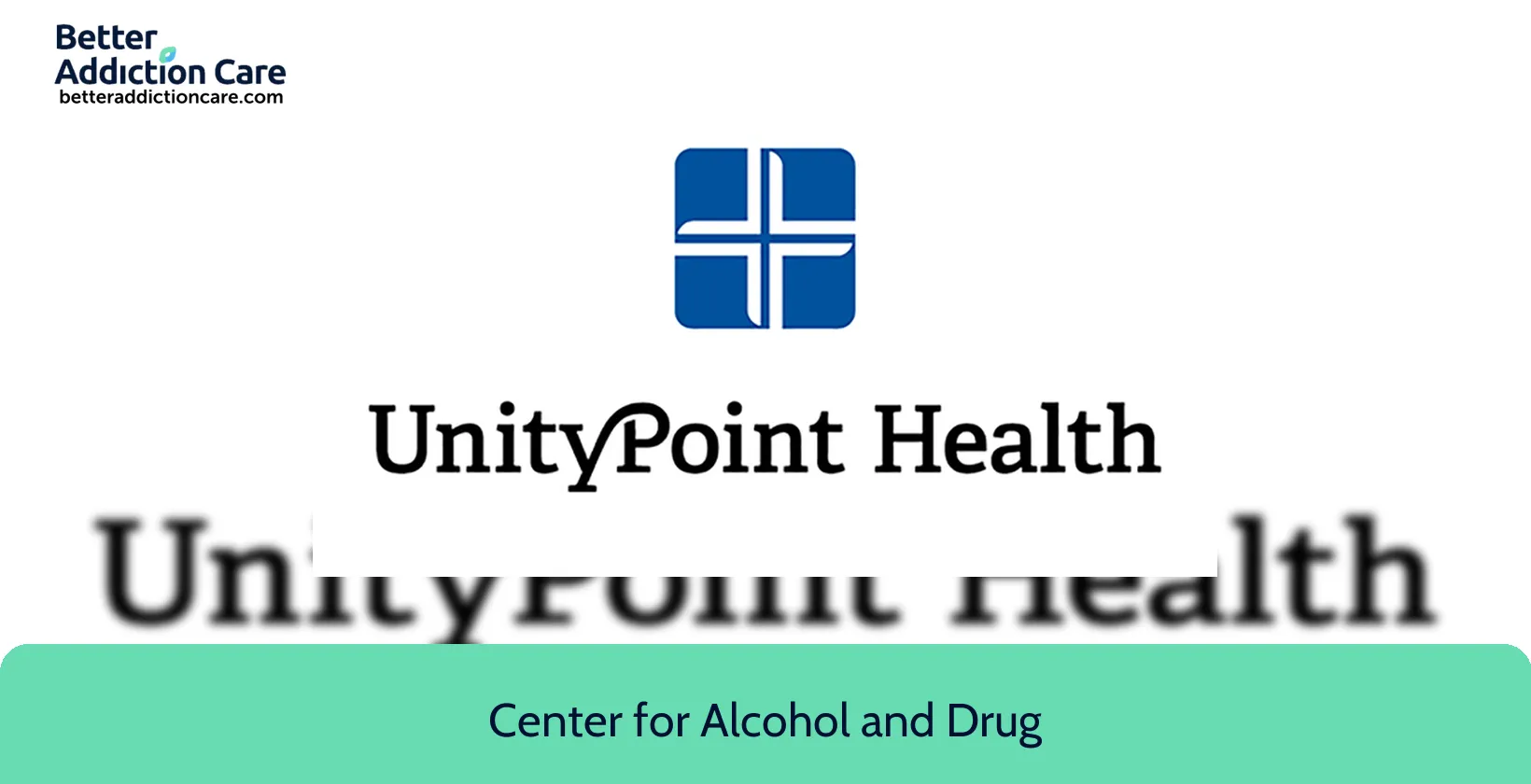
6.80
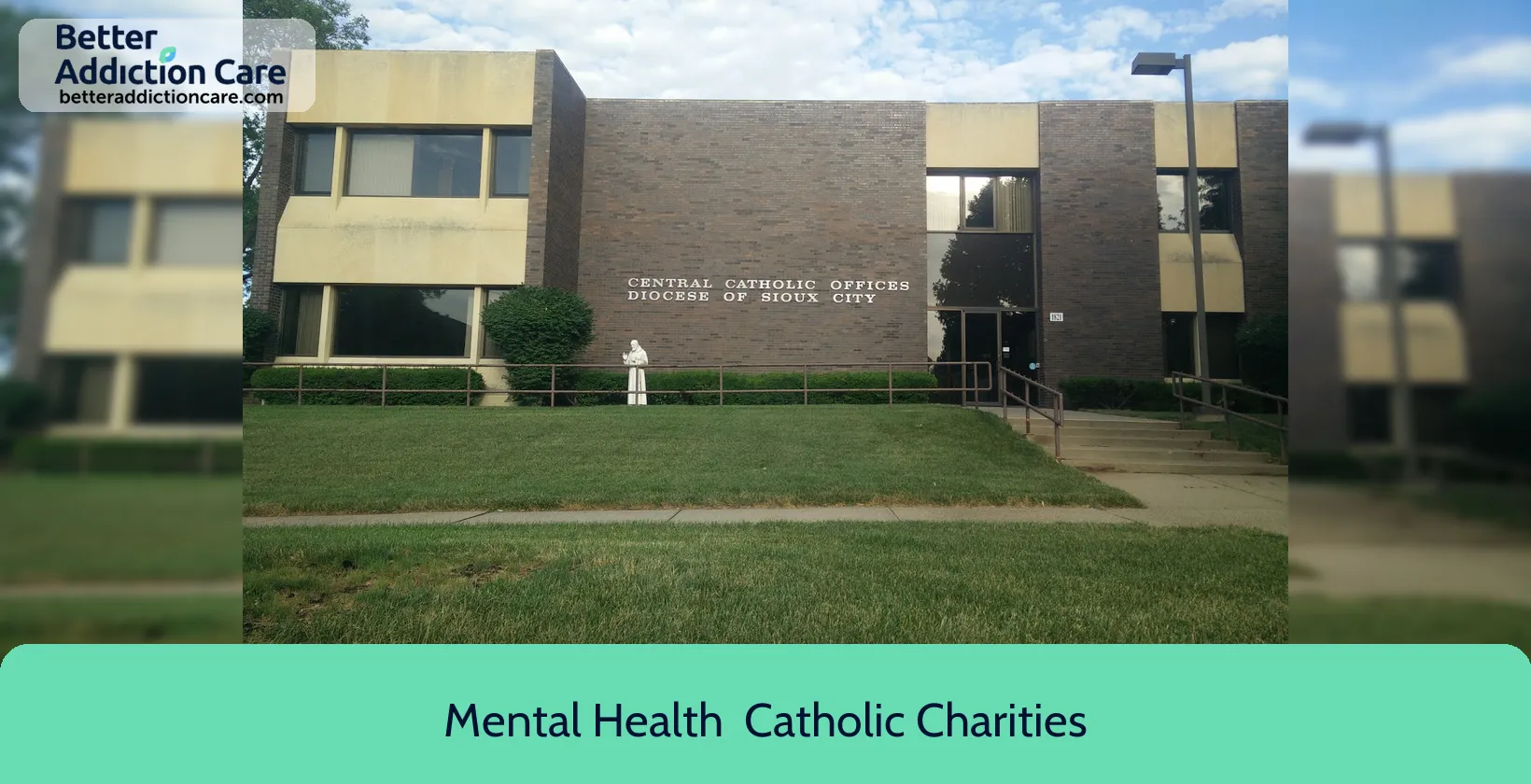
6.68
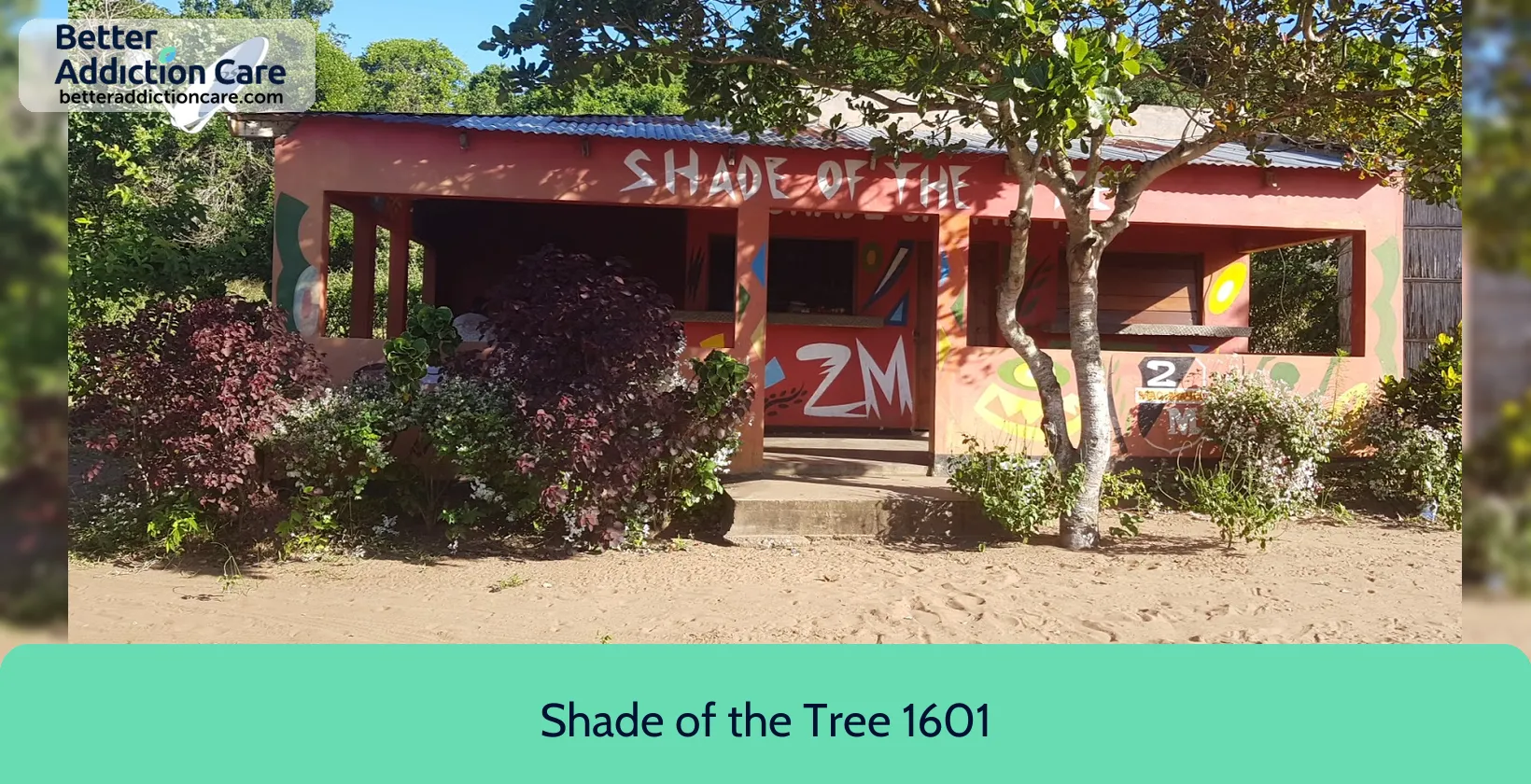
6.62
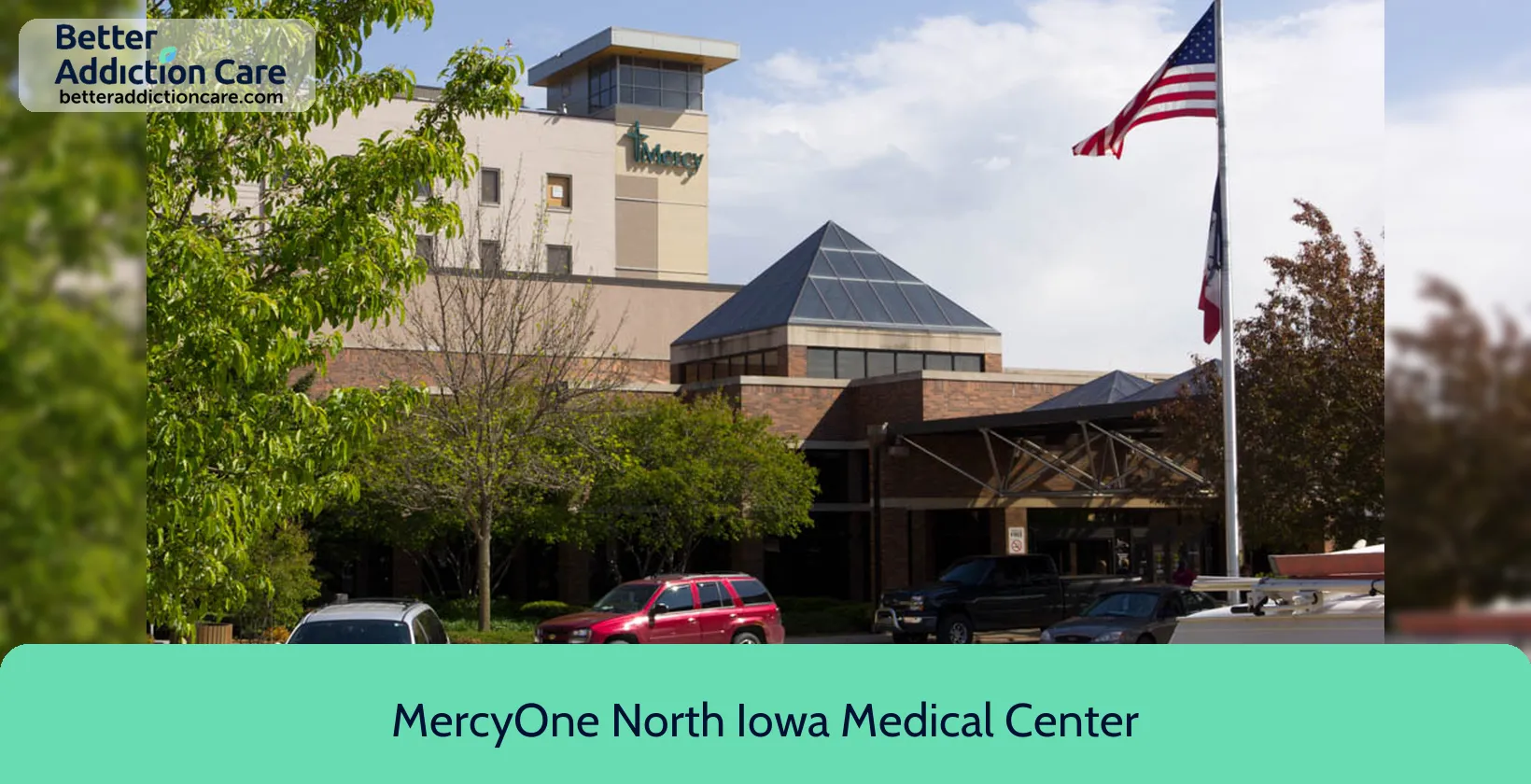
6.68
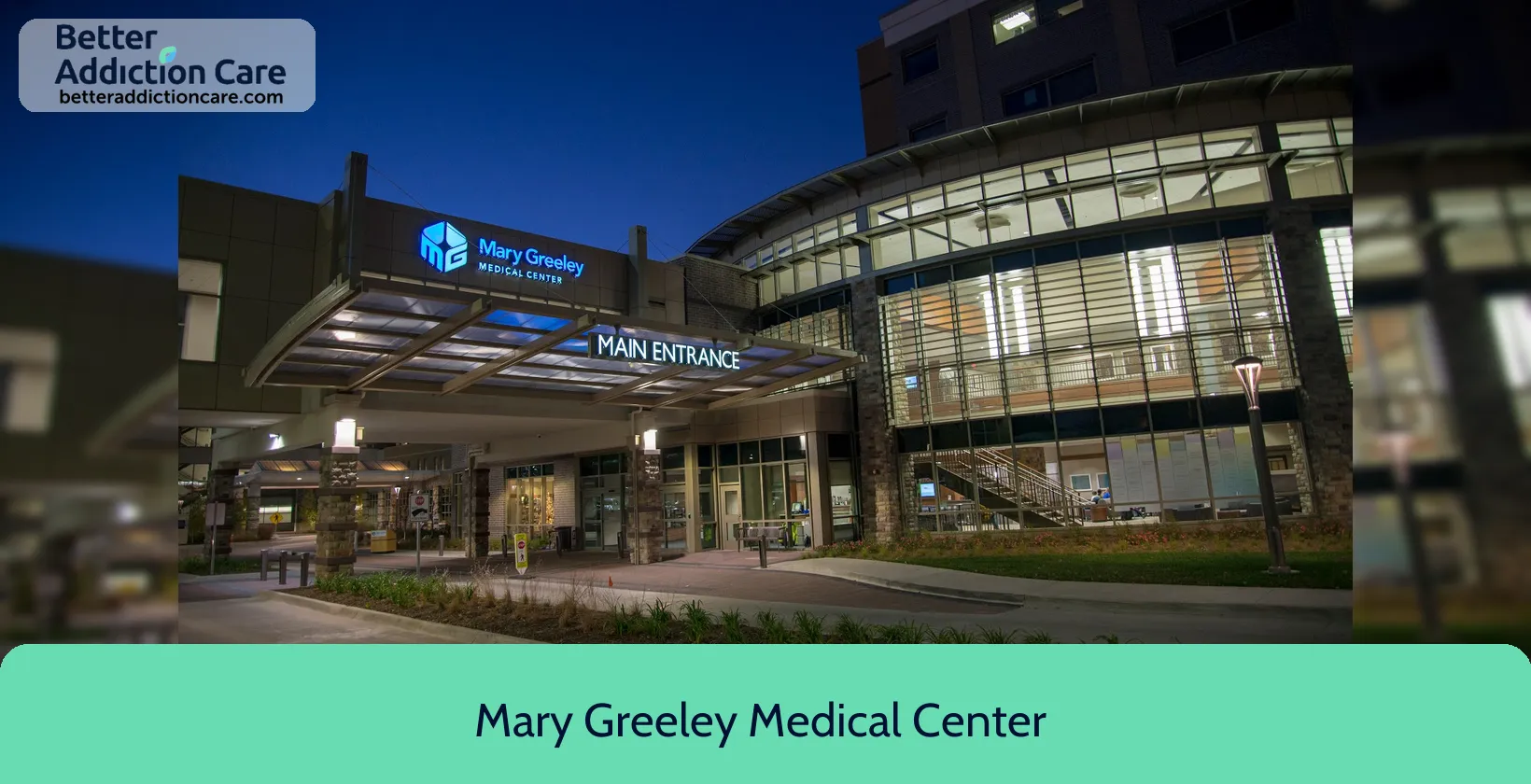
6.68

6.65
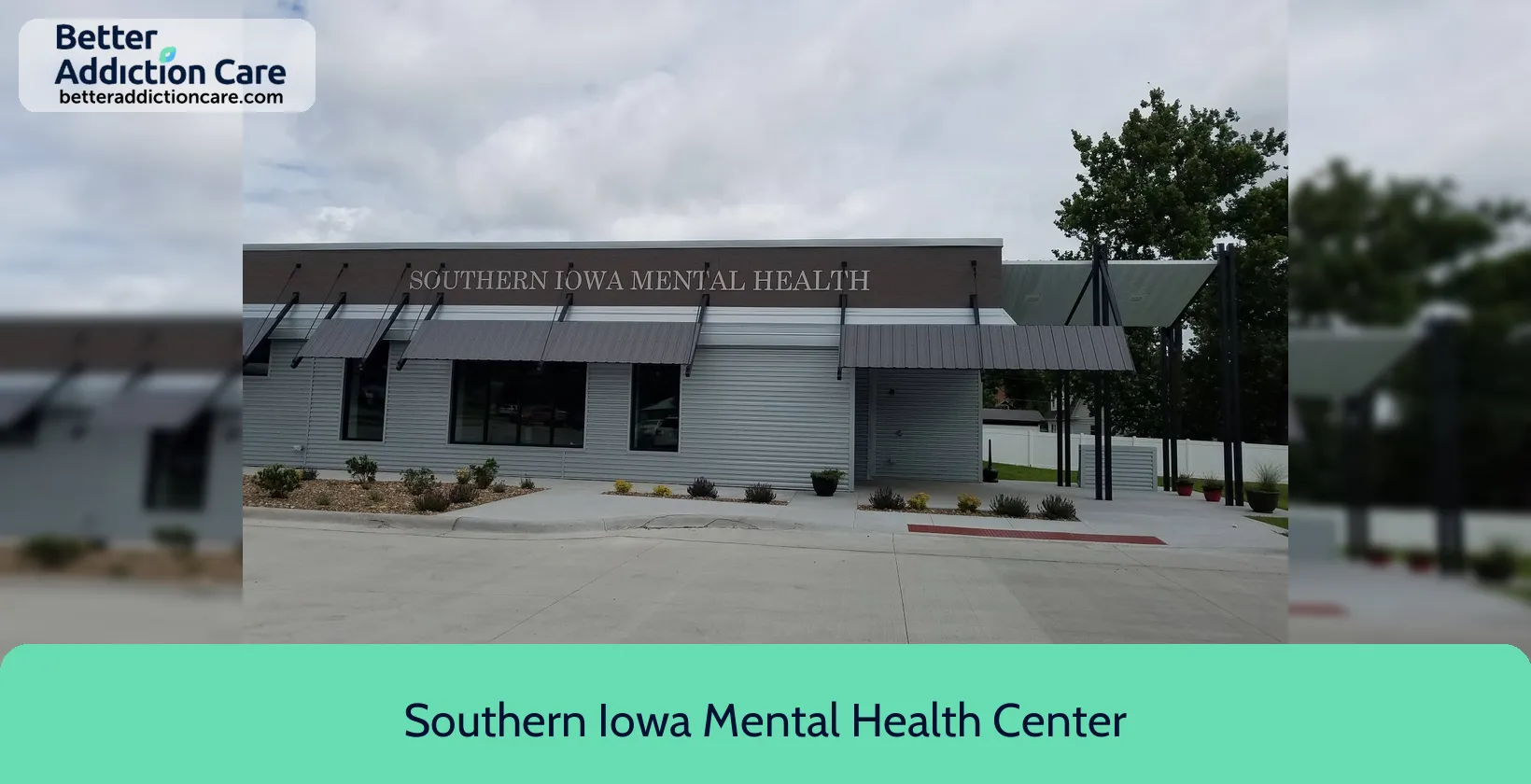
7.20

6.71
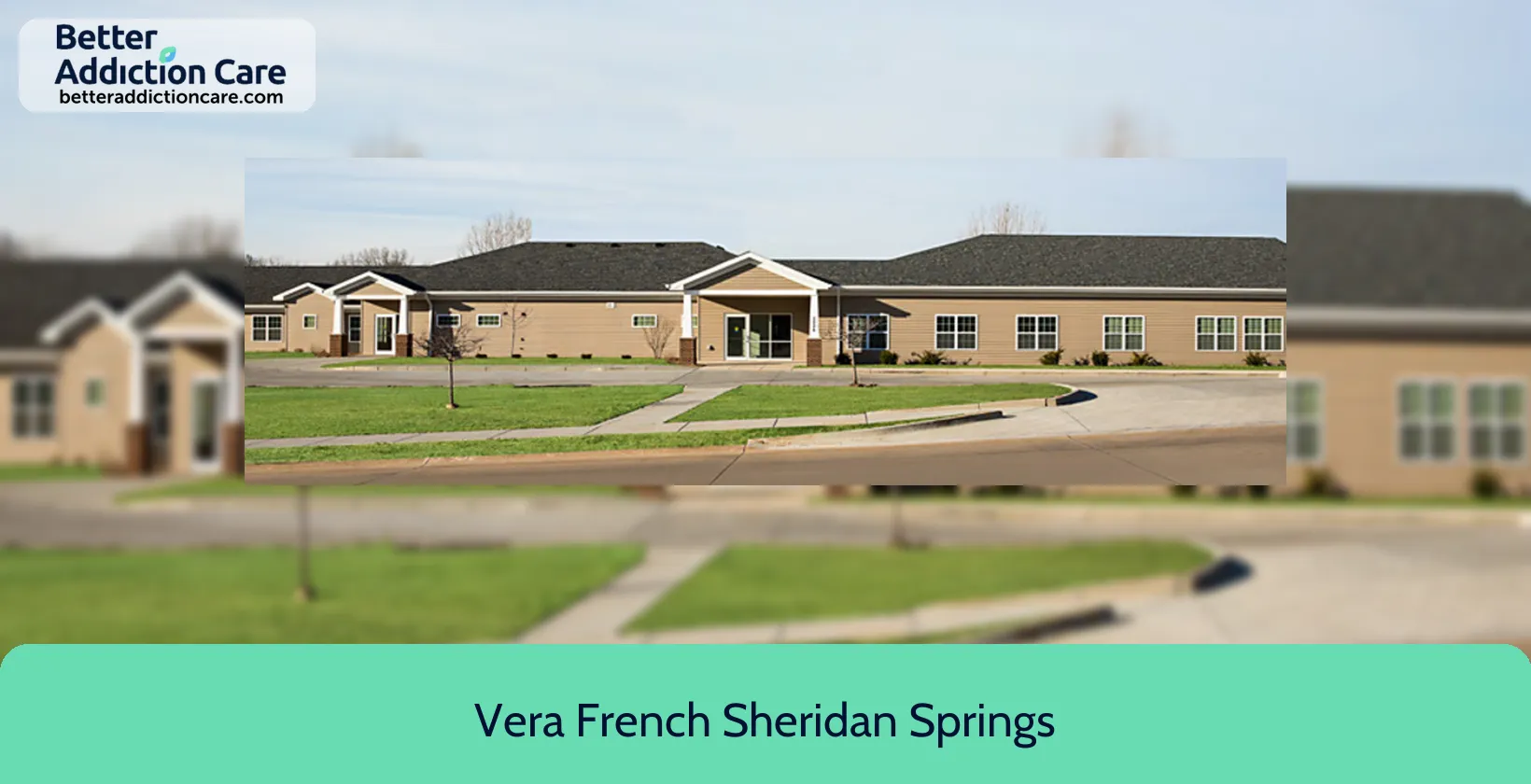
6.59

6.74
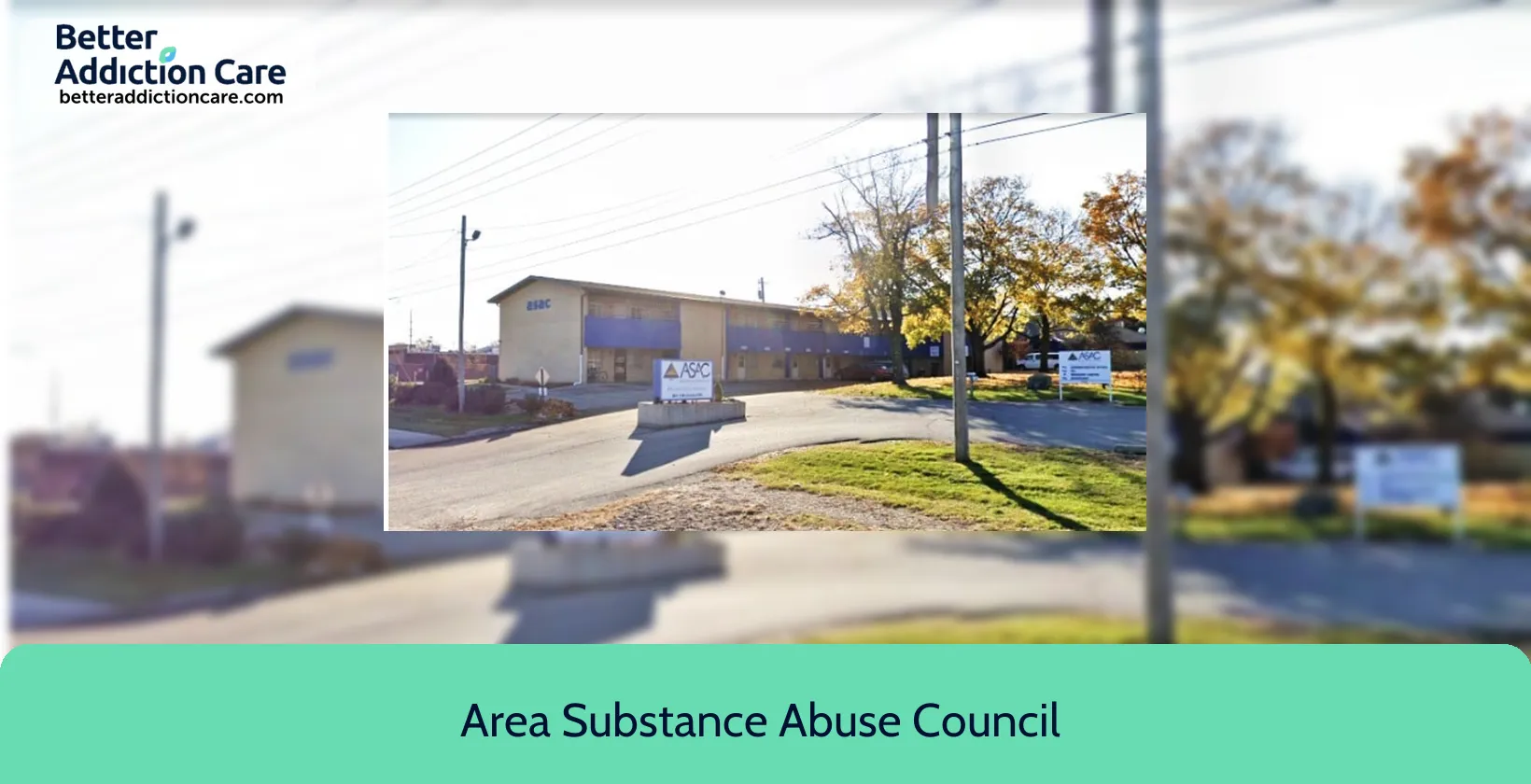
7.02

7.57

6.71
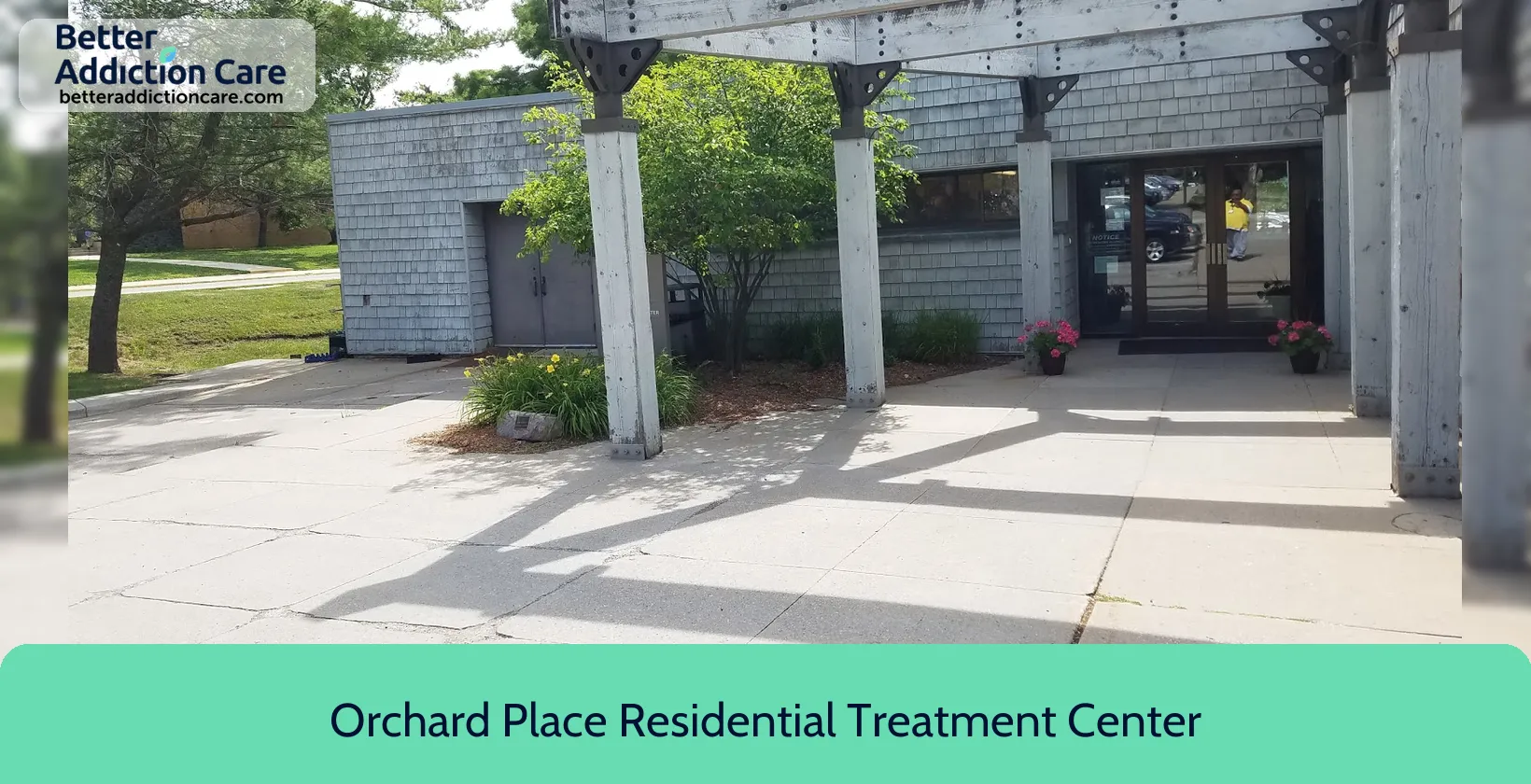
6.74

7.09

7.83

7.12

6.83

7.34

6.62

7.10
Substance abuse and Mental Health facilities Report for Iowa
43rd
Cheapest To Most Expensive State Rank
199
Substance Abuse Facilities
8,838
Number of Patients Annually
8,094
Annual Enrollments
$13M
Spent on Outpatient Services (Million)
$1,712.00
Avg Outpatient Rehab Cost
690
Residential Admissions
$41M
Spent on Residential Treatment (Million)
$60,174.00
Residential Rehab Pay (Up To)
54
Total Patients
2
Free Drug Rehab Facilities
Alcoholism, Drug Abuse, Mental Health, and Treatment in Iowa
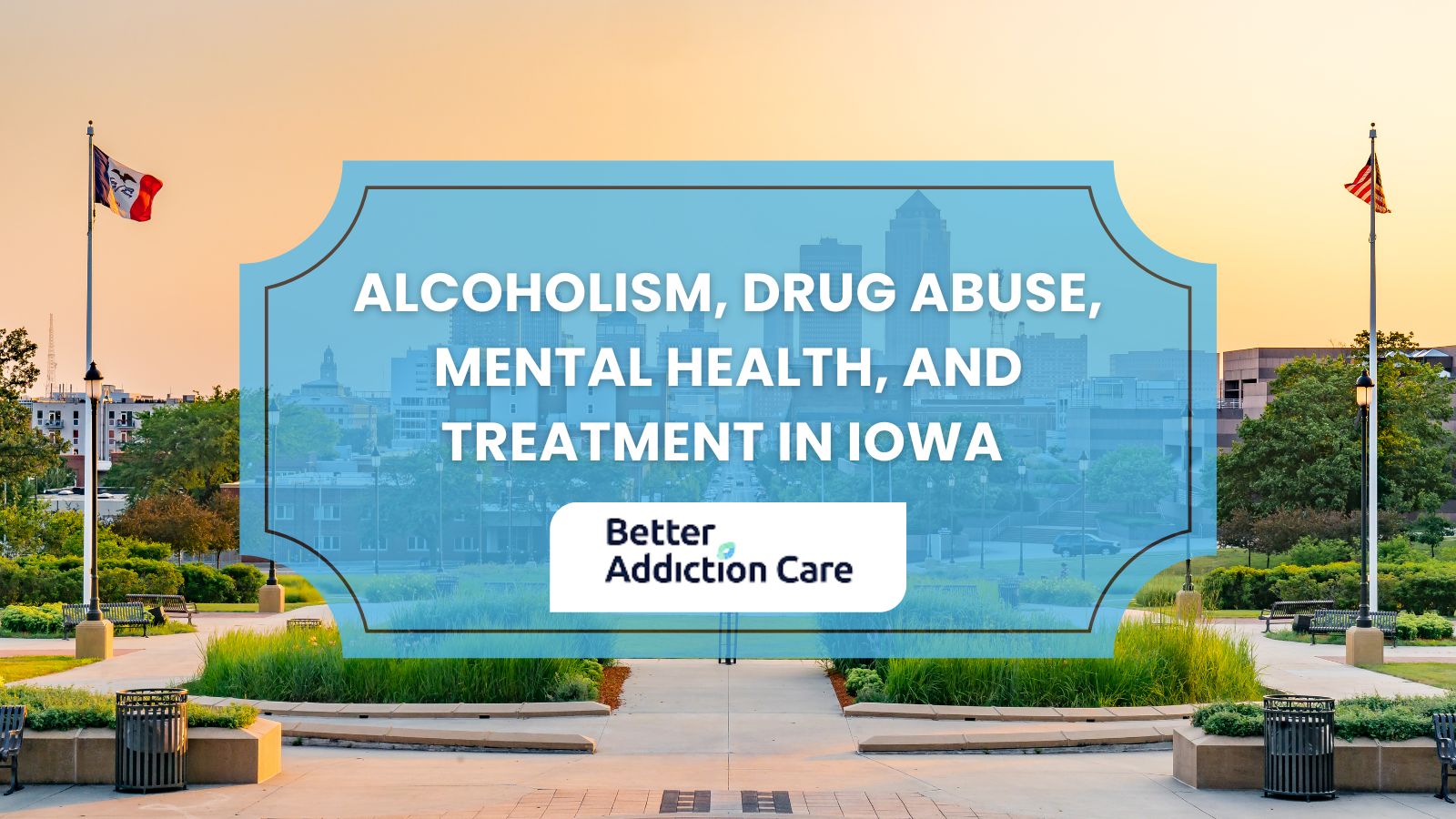
What are the main addictions people in Iowa suffer from?
The main addictions people in Iowa suffer from include
- Alcohol Addiction: 382,844 (12.47%) of Iowans aged 12 and older reported past-month alcohol use. 107,196 (28%) males reported binge drinking, while 16,079 (15%) females reported binge drinking.
- Tobacco Addiction: 711,452 (22.33%) of adults aged 18 or older reported cigarette use in the past 30 days. 498,017 (70%) males are high in number as compared to 213,436 (30%)
- Marijuana Addiction: 382,844 (11.68%) of Iowans aged 12 and older reported past-month marijuana use. 229,706 (60%) of males are high in number as compared to 153,137 (40%)
- Methamphetamine Addiction: In 2024, more than 78,000 (2.4%) Iowans were admitted for methamphetamine use disorder treatment. 46,800 (60%) males are high in number as compared to 3,120 (40%) females.
- Prescription Drug Addiction: 111,663 (3.56%) of youth aged 12 to 17 reported past-year pain reliever misuse. Among youth, 3,350 (3%) of both males and females reported over-the-counter medication misuse in the past 30 days.
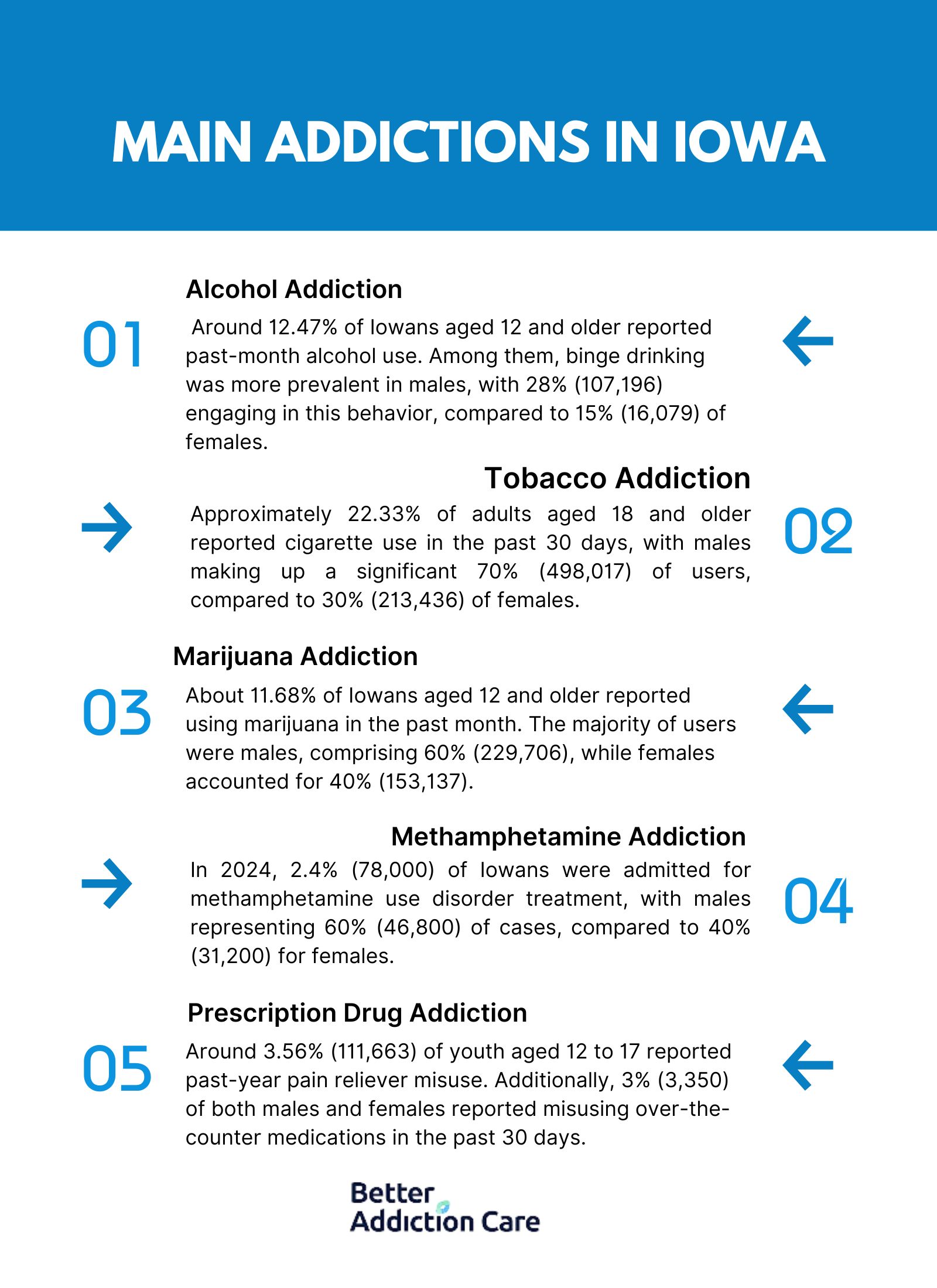
These statistics of Iowa’s addiction highlight the significant substance use challenges in Iowa, with notable differences in prevalence and gender distribution across various substances.
What is the cost of rehab centers in Iowa?
The cost of rehab centers in Iowa is $60,000, which equates to 74%. On average, outpatient programs cost $1,712 per admission, while inpatient programs average $60,174 (74.4%) for those without insurance. The cost of rehab centers varies significantly depending on the type of treatment and its duration. Medical detoxification is among the most expensive treatments, costing $148,351, which is $88,177 or 146.5% higher than standard inpatient care. In contrast, long-term inpatient programs cost $53,100, making them $7,074 or 11.8% less expensive than the average inpatient treatment.
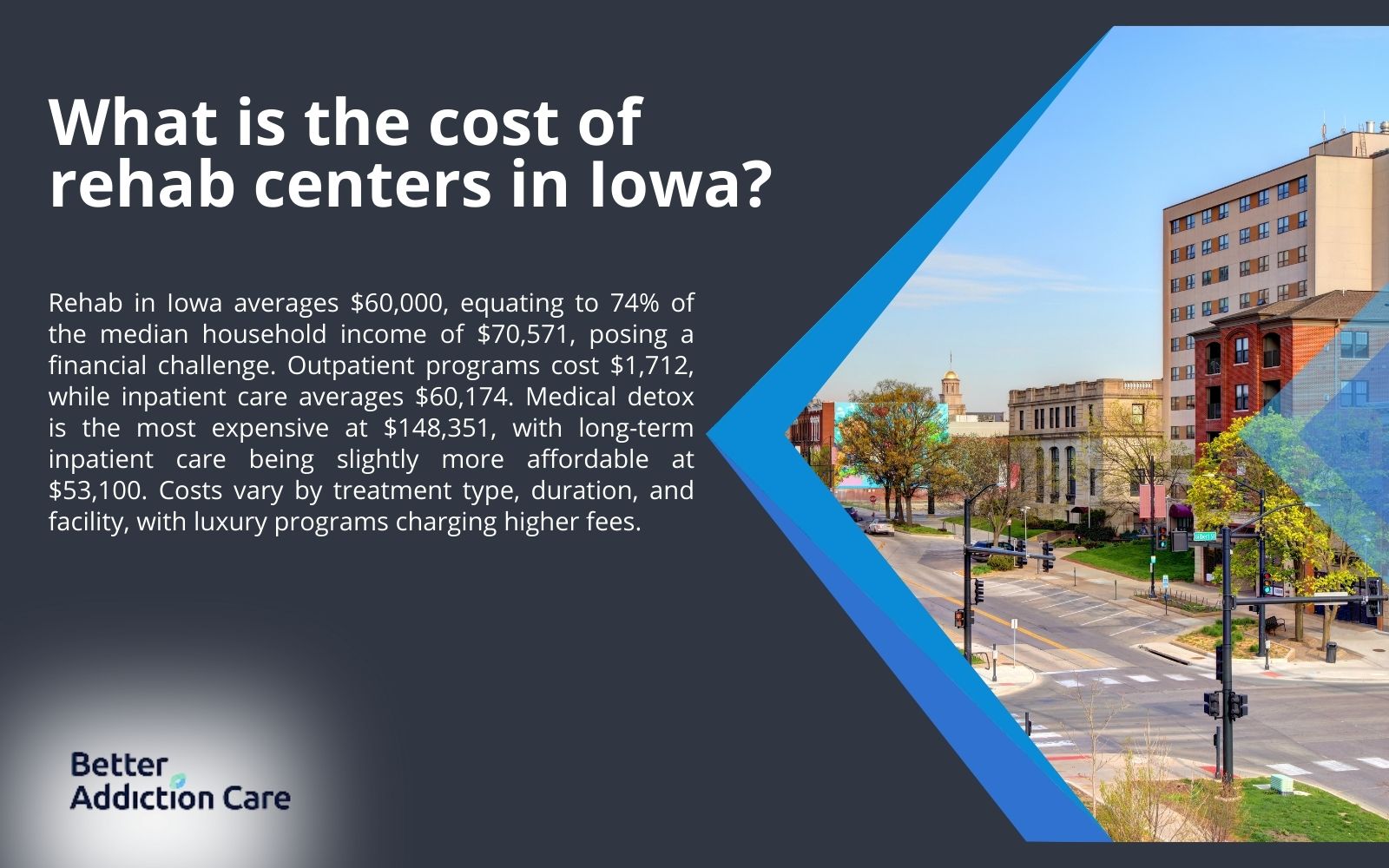
Iowa’s median household income is $70,571, the average cost of inpatient rehab represents 74% of a family's annual earnings, highlighting the financial burden such treatment imposes. The affordability of rehab services also is influenced by the type of facility. Luxury centers or those offering specialized programs often charge more than standard treatment facilities, further impacting accessibility for those seeking care.
What is the cost of LGBTQ+ rehab centers in Iowa?
The cost of LGBTQ+ rehab centers in Iowa is $58,900, which equates to 83%. On average, outpatient programs cost $1,712 per admission, while inpatient programs average $60,174 for individuals without insurance. The cost of LGBTQ+ rehab centers varies depending on the type of treatment and duration. Medical detoxification programs, often required for more severe addictions, cost $148,351, representing an increase of $88,177 or 146.5% compared to standard inpatient treatment. Long-term inpatient programs, which also cater to LGBTQ+ needs, are slightly more affordable, averaging $53,100—$7,074 or 11.8% less than the inpatient program.
Iowa’s median household income is $70,571. The cost of LGBTQ+ rehab centers represents 83% of an average family’s annual earnings. This underscores the financial challenges that accessing specialized care, such as LGBTQ+ rehab centers, pose. The cost of LGBTQ+ rehab centers fluctuate depending on the specific addiction being treated, with substances requiring extensive medical interventions increasing overall expenses. The type of rehab center also impacts pricing, as facilities offering luxury services or tailored LGBTQ+ programs charge higher fees than standard centers, further influencing affordability.
What is the cost of Faith-Based rehab centers in Iowa?
The cost of Faith-Based rehab centers in Iowa is $61,000, which equates to 86%. On average, outpatient programs cost $1,712 per admission, while inpatient programs average $60,174 for individuals without insurance. The cost of Faith-Based rehab centers varies depending on the type of treatment and duration. Medical detoxification programs, often required for more severe addictions, cost $148,351, representing an increase of $88,177 or 146.5% compared to standard inpatient treatment. Long-term inpatient programs, which also cater to Faith-Based needs, are slightly more affordable, averaging $53,100, $7,074 or 11.8% less than the inpatient program.
Iowa’s median household income is $70,571. The cost of Faith-Based rehab centers represents 86% of an average family’s annual earnings. This underscores the financial challenges that accessing specialized care, such as Faith-Based rehab centers, pose. The cost of Faith-Based rehab centers fluctuate depending on the specific addiction being treated, with substances requiring extensive medical interventions increasing overall expenses. The type of rehab center also impacts pricing, as facilities offering luxury services or tailored Faith-Based programs charge higher fees than standard centers, further influencing affordability.
What is the cost of Men-Only rehab centers in Iowa?
The cost of Men-Only rehab centers in Iowa is $60,780, which equates to 86%. On average, outpatient programs cost $1,712 per admission, while inpatient programs average $60,174 for individuals without insurance. The cost of Men-Only rehab centers varies depending on the type of treatment and duration. Medical detoxification programs, often required for more severe addictions, cost $148,351, representing an increase of $88,177 or 146.5% compared to standard inpatient treatment. Long-term inpatient programs, which also cater to Men-Only needs, are slightly more affordable, averaging $53,100—$7,074 or 11.8% less than the inpatient program.
Iowa’s median household income is $70,571. The cost of Men-Only rehab centers represents 86% of an average family’s annual earnings. This underscores the financial challenges that accessing specialized care, such as Men-Only rehab centers, pose. The cost of Men-Only rehab centers fluctuate depending on the specific addiction being treated, with substances requiring extensive medical interventions increasing overall expenses. The type of rehab center also impacts pricing, as facilities offering luxury services or tailored Men-Only programs charge higher fees than standard centers, further influencing affordability.
What is the cost of Women-Only rehab centers in Iowa?
The cost of Women-Only rehab centers in Iowa is $57,000, which equates to 81%. On average, outpatient programs cost $1,712 per admission, while inpatient programs average $60,174 for individuals without insurance. The cost of Women-Only rehab centers varies depending on the type of treatment and duration. Medical detoxification programs, often required for more severe addictions, cost $148,351, representing an increase of $88,177 or 146.5% compared to standard inpatient treatment. Long-term inpatient programs, which also cater to Women-Only needs, are slightly more affordable, averaging $53,100—$7,074 or 11.8% less than the inpatient program.
Iowa’s median household income is $70,571. The cost of Women-Only rehab centers represents 81% of an average family’s annual earnings. This underscores the financial challenges that accessing specialized care, such as Women-Only rehab centers, pose. The cost of Women-Only rehab centers fluctuate depending on the specific addiction being treated, with substances requiring extensive medical interventions increasing overall expenses. The type of rehab center also impacts pricing, as facilities offering luxury services or tailored Women-Only programs charge higher fees than standard centers, further influencing affordability.
What is the cost of Teen rehab centers in Iowa?
The cost of Teen rehab centers in Iowa is $59,000, which equates to 83.6%. On average, outpatient programs cost $1,712 per admission, while inpatient programs average $60,174 for individuals without insurance. The cost of Teen rehab centers varies depending on the type of treatment and duration. Medical detoxification programs, often required for more severe addictions, cost $148,351, representing an increase of $88,177 or 146.5% compared to standard inpatient treatment. Long-term inpatient programs, which also cater to Teen Rehab needs, are slightly more affordable, averaging $53,100—$7,074 or 11.8% less than the inpatient program.
Iowa’s median household income is $70,571. The cost of Teen rehab centers represents 83.6% of an average family’s annual earnings. This underscores the financial challenges that accessing specialized care, such as Teen rehab centers, pose. The cost of Teen Rehab centers fluctuate depending on the specific addiction being treated, with substances requiring extensive medical interventions increasing overall expenses. The type of rehab center also impacts pricing, as facilities offering luxury services or tailored Teen Rehab programs charge higher fees than standard centers, further influencing affordability.


